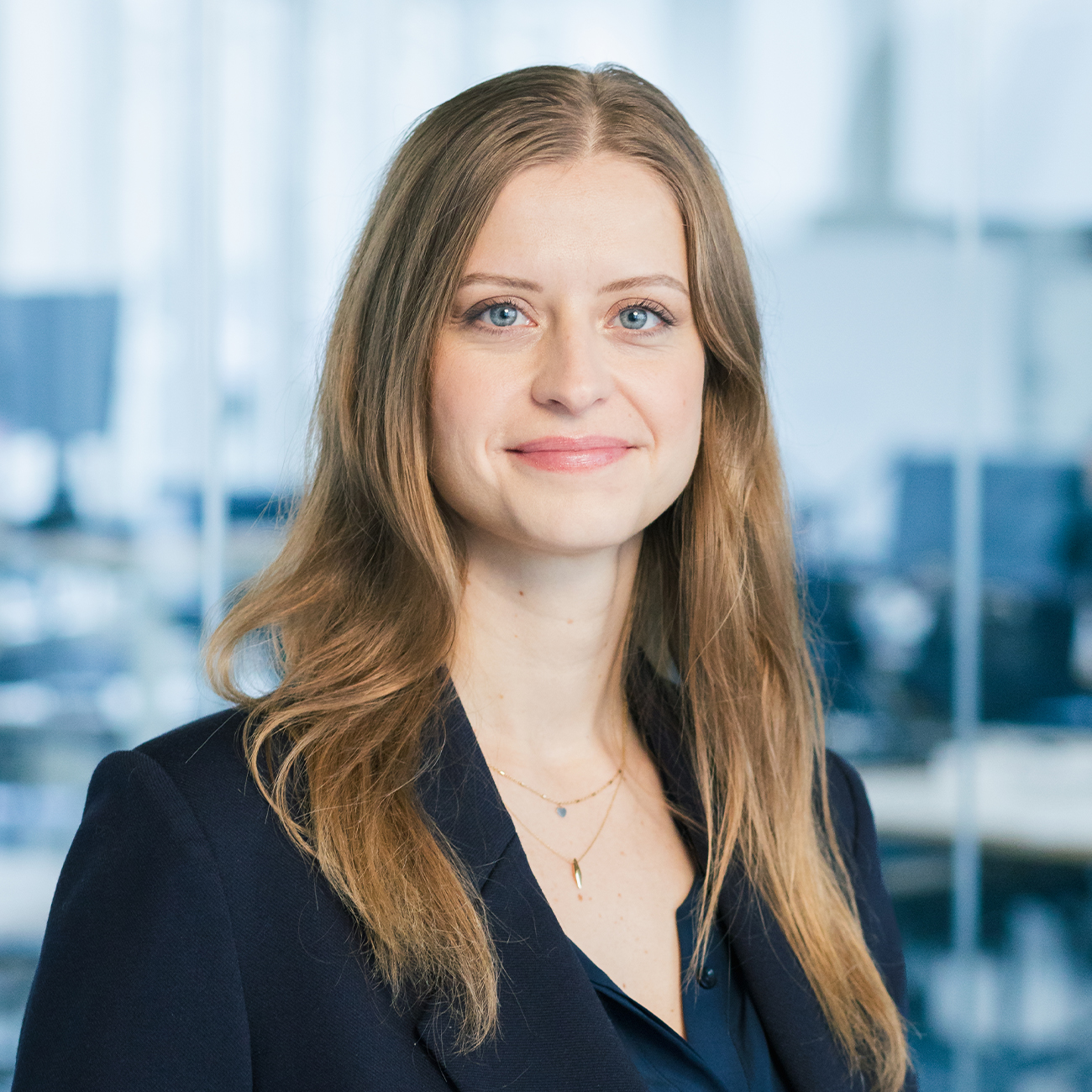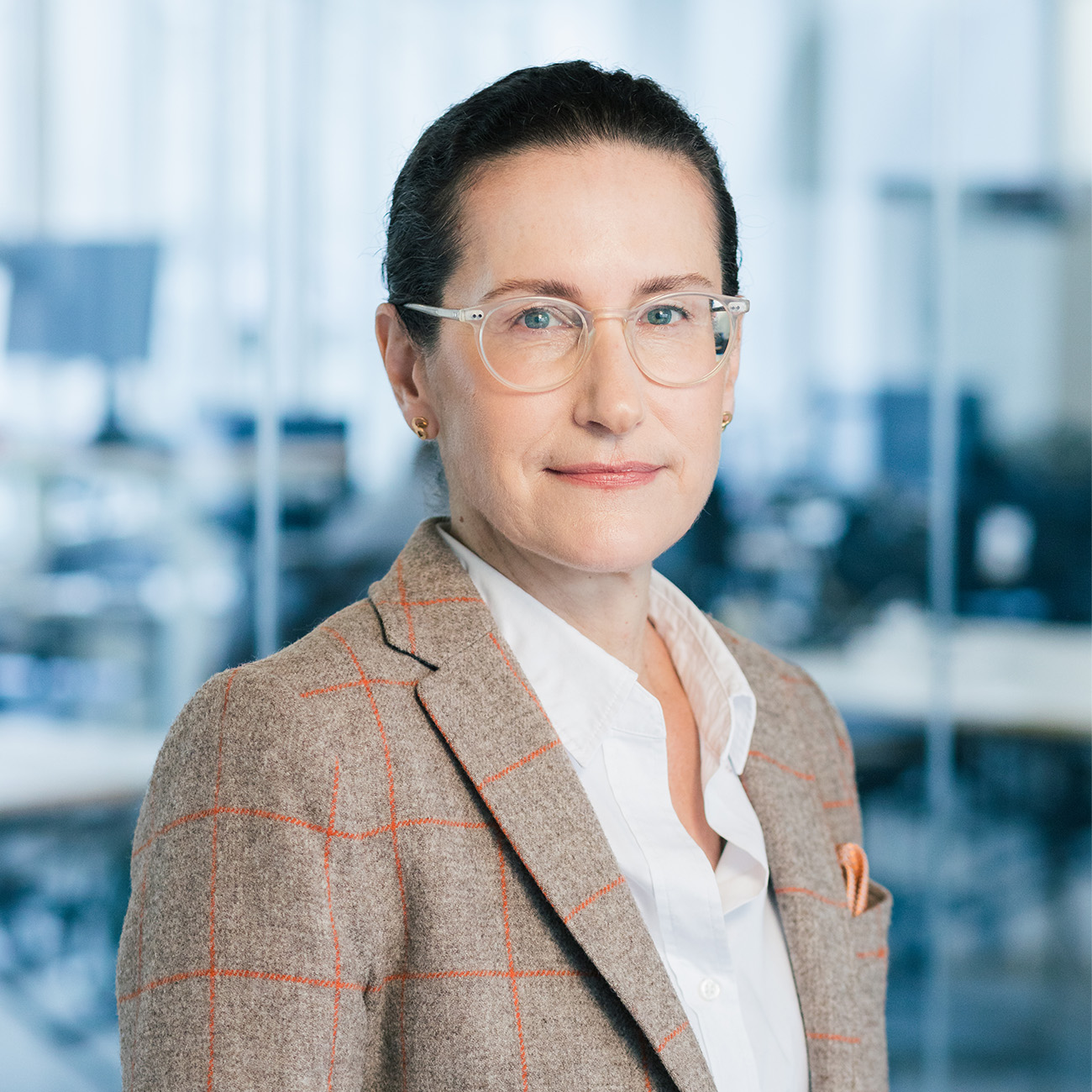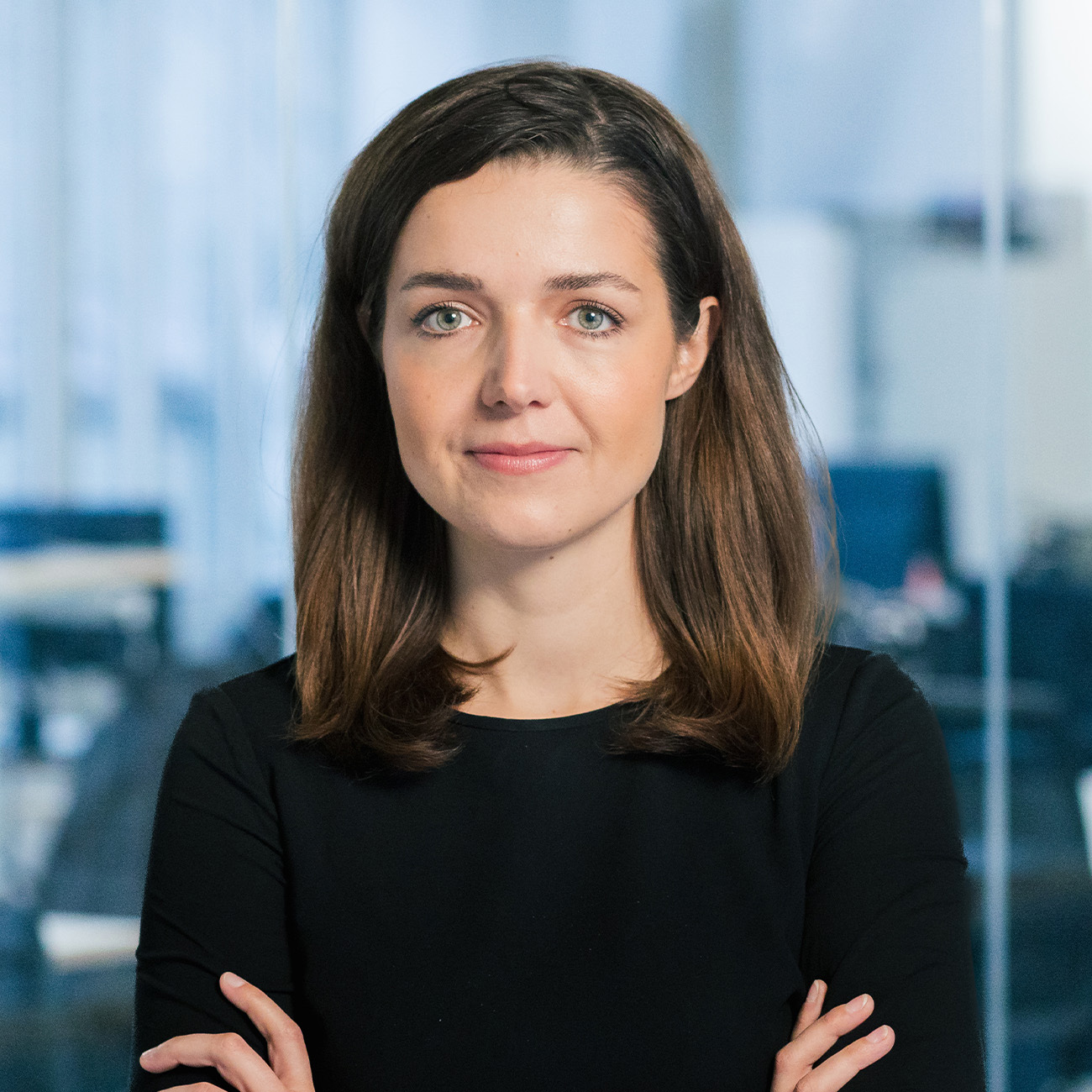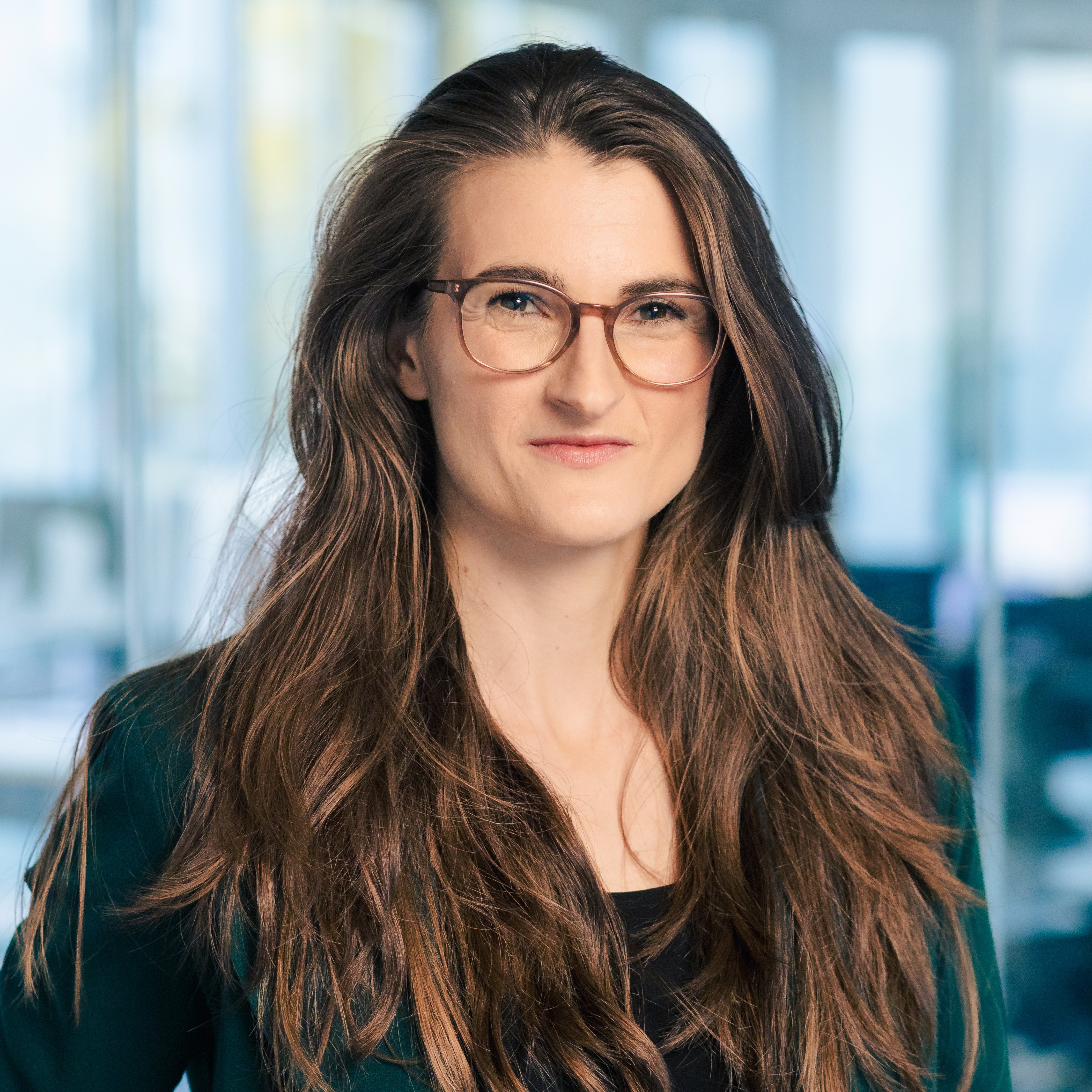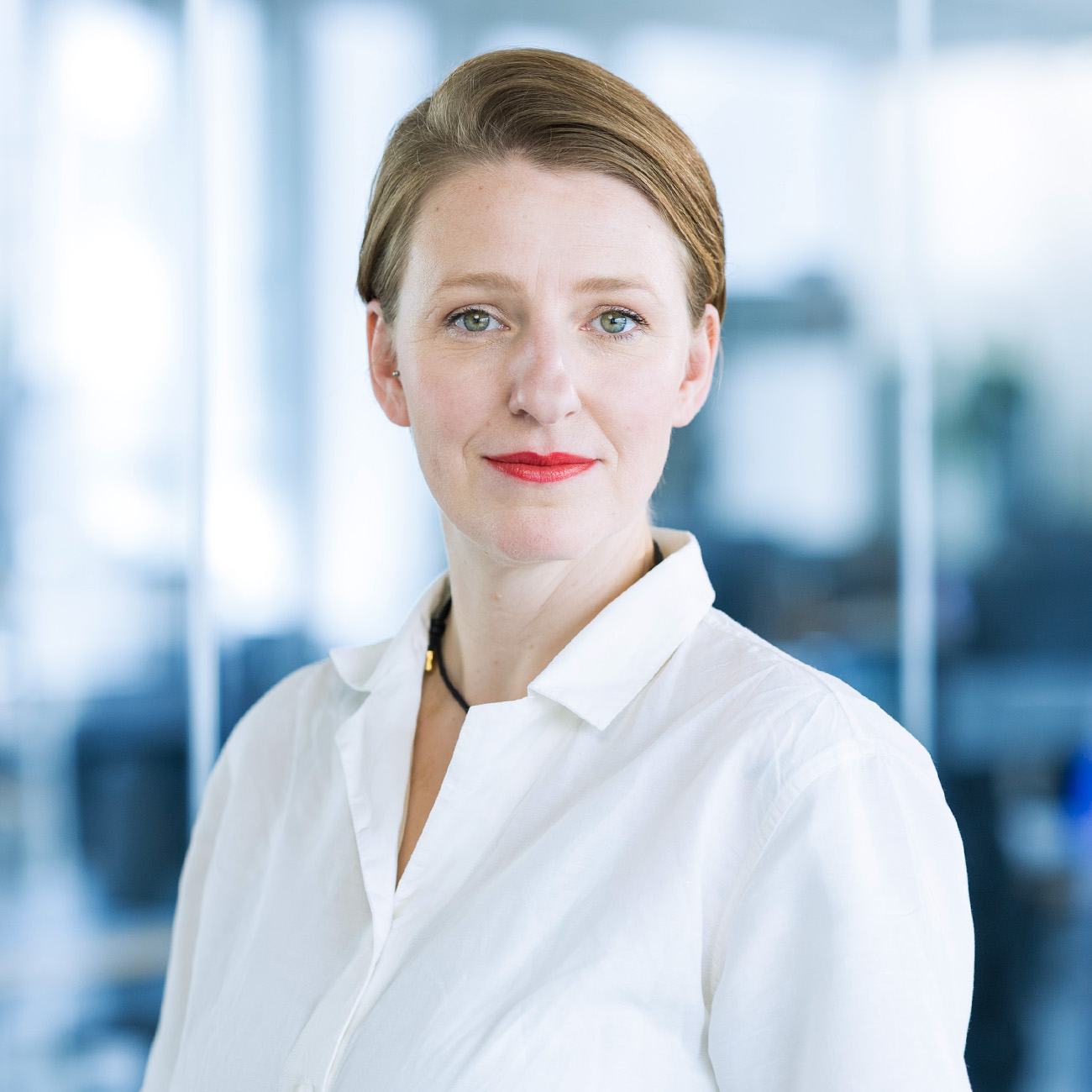The digitalization partner for public administration
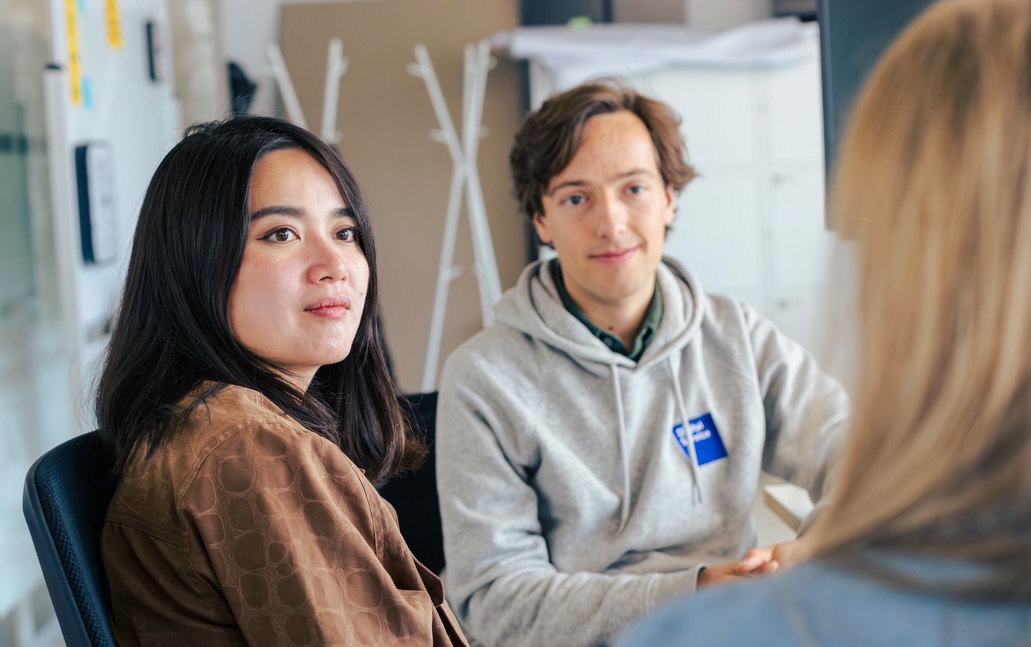
We work closely with the federal government to design and implement innovative digital solutions
Facing a challenging digitalization project? Need a digitalization strategy? No problem.
Partnering with us means you can rely on our comprehensive expertise. Our specialists in software development, product management, transformation, design, and user research work seamlessly together to digitalize administrative processes with ease. We don’t just replicate analog processes digitally – we create user-centered solutions for large-scale digitalization projects and build them ourselves.
We are working for a digital Germany.
As a 100% subsidiary of the federal government, we always act for the public good and therefore in the interests of citizens. This makes us both a competent partner and a paragon of reliability for public administrations.
Executive Team
Leadership Team
Milestones
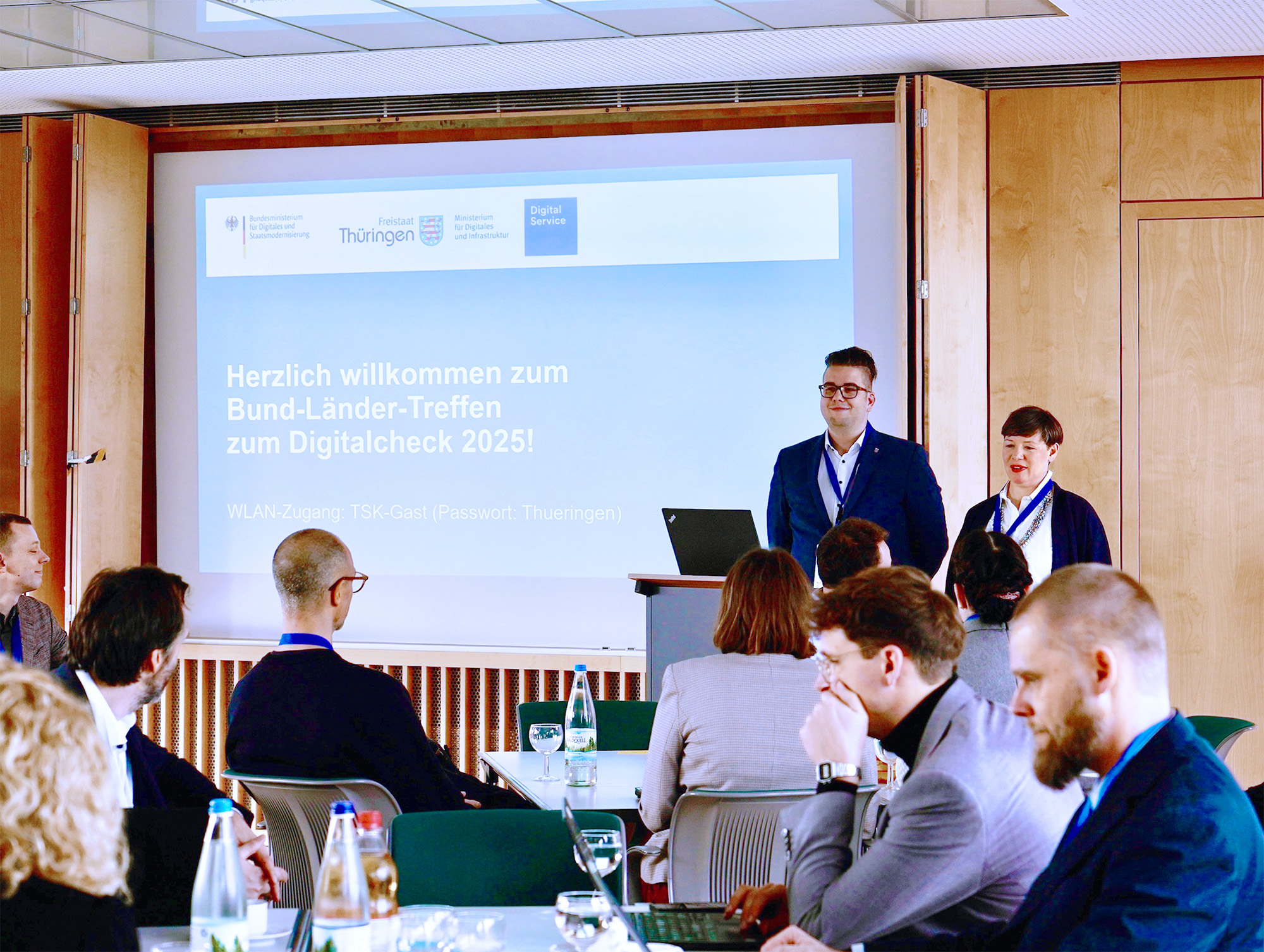
The Digitalcheck team, together with the Federal Ministry for Digital Transformation and Government Modernisation and the Thuringian Ministry of Digital and Infrastructure, is organizing the second federal-state meeting on the Digitalcheck. More than 50 participants from the federal states, the federal government, and the EU are meeting in Berlin to exchange experiences, opportunities, and examples of digital ready legislation. Prof. Dr. Luise Hölscher, State Secretary at the Federal Ministry for Digital Transformation and Government Modernisation, emphasizes the importance of a modern legislative process that takes different perspectives and realities of life into account from the outset.
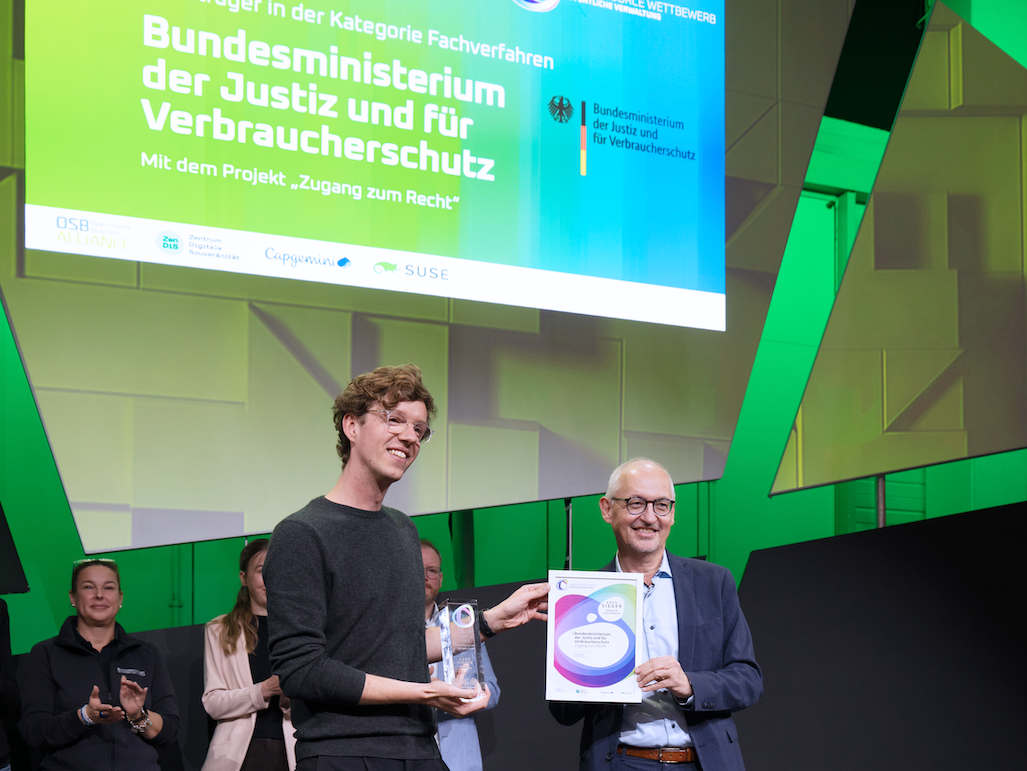
The team behind our “Access to Justice” projects has won the 2025 Open Source Competition in the “Specialized Procedures” category! The jury particularly commended the nationwide, user-friendly development of online justice services – a key step toward strengthening long-term trust in the rule of law. The award was presented at the 2025 Smart Country Convention.
Meeting binding quality requirements with the Servicestandard: The Ordinance on Standards for Online Access to Administrative Services (OZSV) requires public administrations to meet quality standards for digital services for citizens and businesses. These requirements are considered fulfilled when administrative staff follow DIN SPEC 66336. The Servicestandard supports administrative staff in implementing DIN SPEC 66336 and meeting the OZSV’s requirements. It provides clear guidance and practical assistance for developing and operating digital services.
With Digitalcheck, we help administrative staff draft digital‑ready legislation from the outset, ensuring new laws and regulations are designed to allow digital implementation by default. Based on the five principles of digital‑ready legislation (German only), this methodology enables early identification of digitization potential and helps prevent obstacles in implementation. The team has now updated these principles in response to user feedback and aligned them with the new EU Interoperability Regulation.
The “Digital Legal Application Office” team has launched an online service in the area of enforcement. The digital “Wegweiser Kontopfändung“ is aimed at indebted citizens whose accounts have been seized.
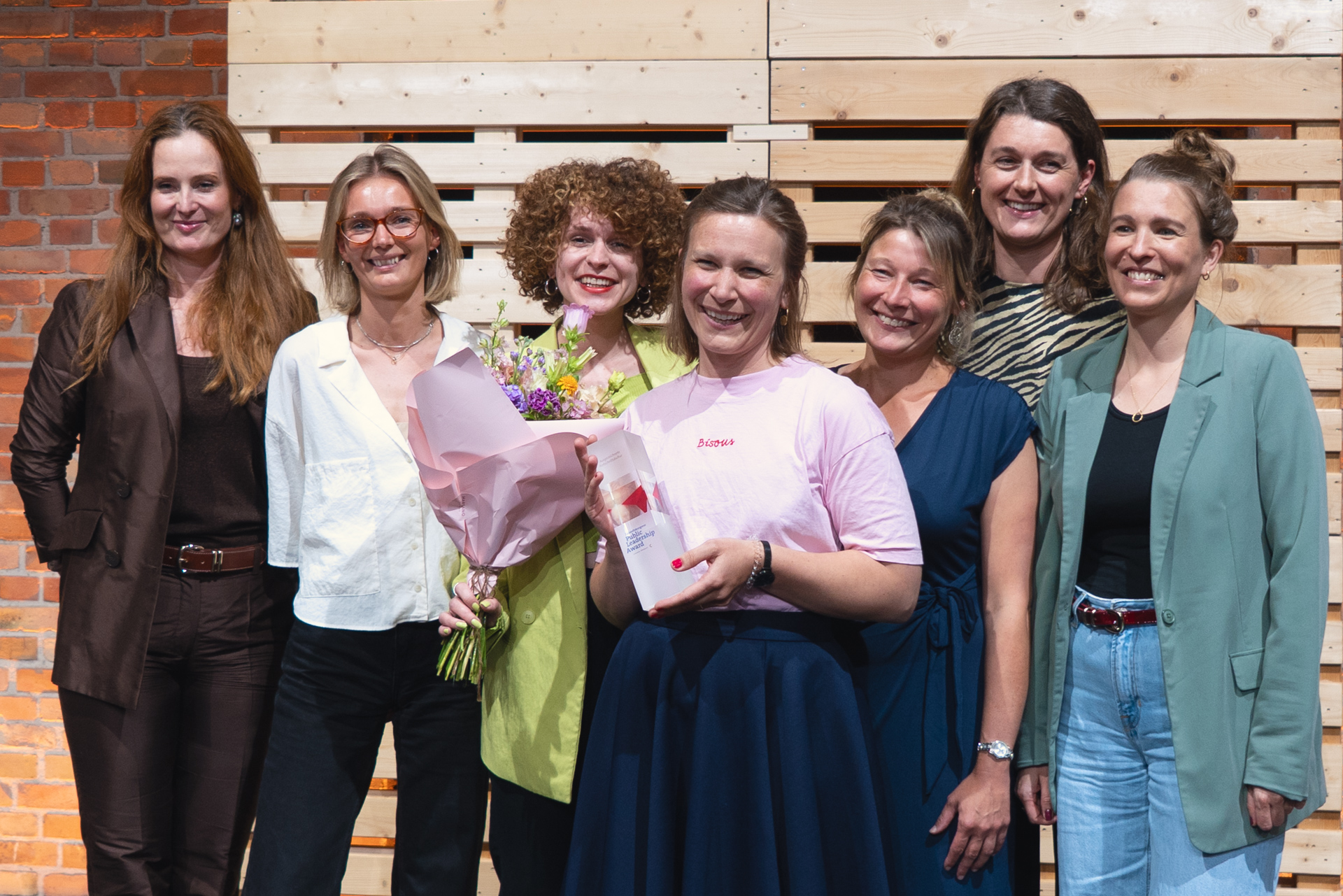
The Work4Germany Fellowship wins the “Public Leadership Award 2025”. The Fellowship team accepted the award in the category “Change Maker II - Personnel & Future Skills” at the 11th Future Congress State & Administration. The jury of representatives from business and civil society particularly praised the Fellowship's impetus for an efficient state and the changes it has initiated in the federal administration – by empowering managers, employees and teams to work together in new ways.
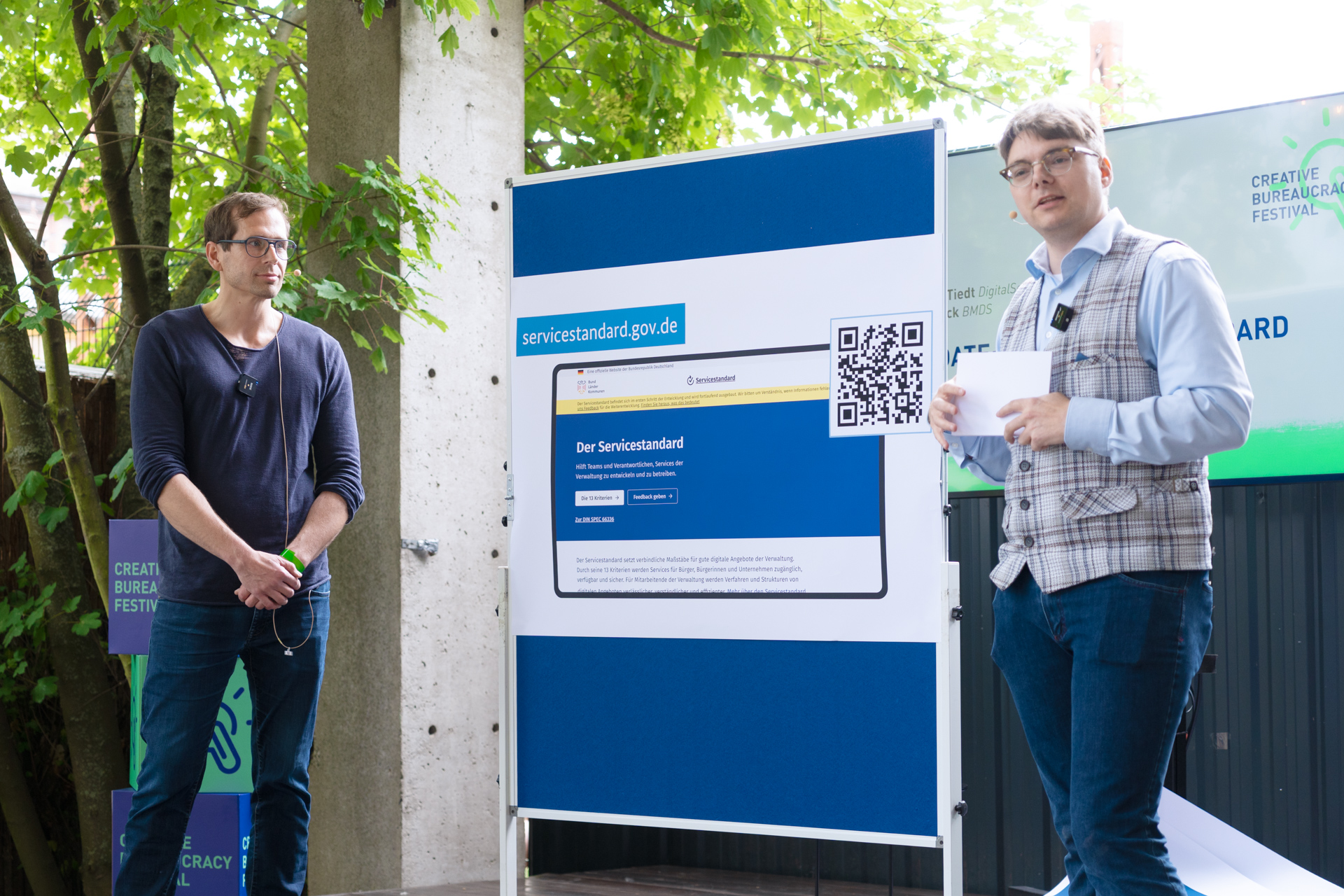
Servicestandard.gov.de goes live as a beta version and clearly bundles all the content of the Servicestandard, which provides quality requirements for the development and operation of good digital administrative services. The website will be continuously expanded and improved – also with the help of feedback, which can be provided at a low threshold via open comments.
The portal team in the “New Legal Information System” (NeuRIS) project, together with the Federal Ministry of Justice and Consumer Protection, has launched a new service that allows the public to research federal legal information. During the test phase, the portal provides fast access to court decisions, laws, ordinances, and documentation for the open programming interface. Feedback is welcome at testphase.rechtsinformationen.bund.de.
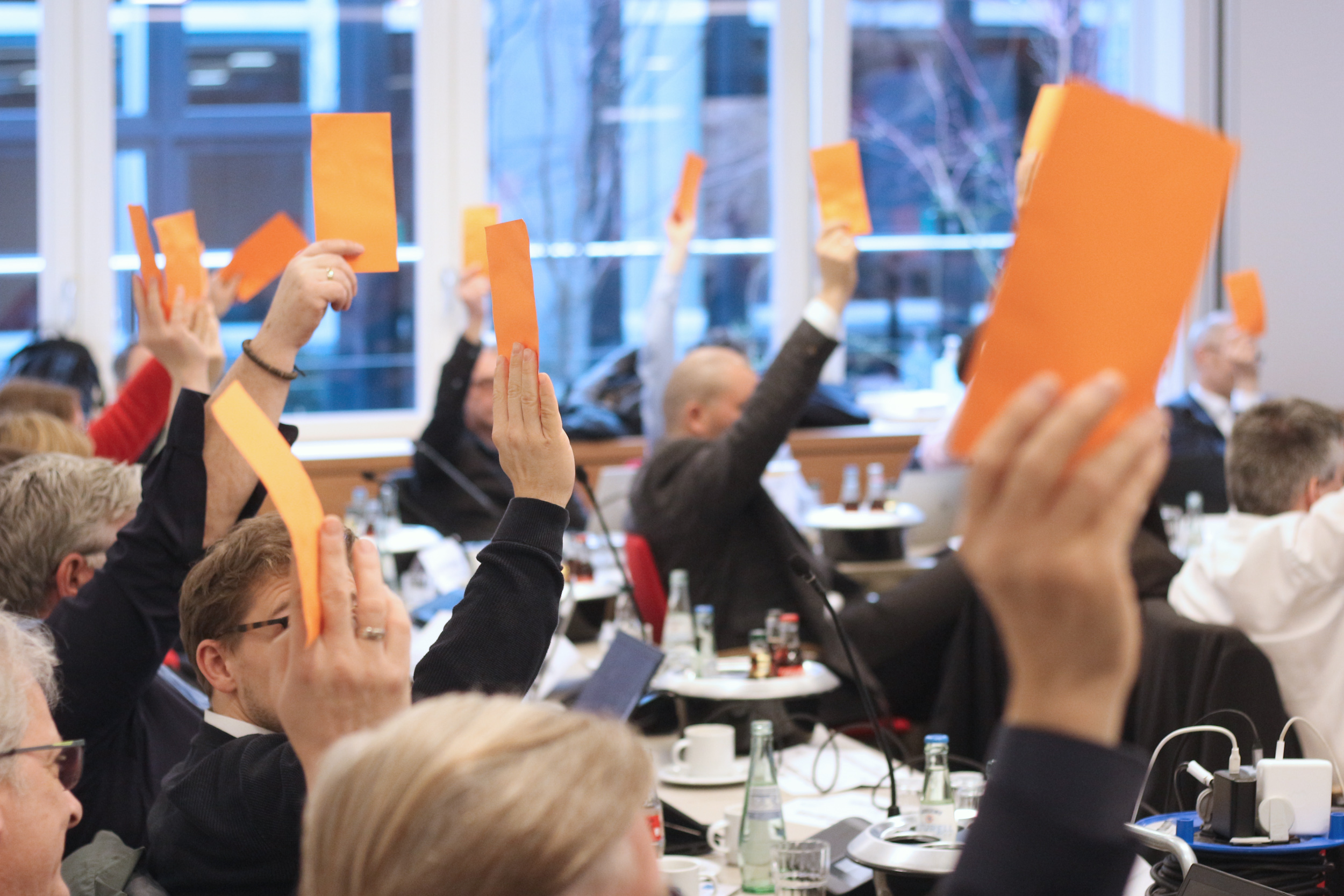
DIN SPEC 66336, “Quality Requirements for Online Services and Portals of Public Administration (Servicestandard)”, defines clear and verifiable criteria for user-friendly digital administrative services for the first time. The aim is to elevate the previously inconsistent quality of digital services to a uniformly high standard.
A milestone has been reached on the path to online civil court procedures: the Federal Ministry of Justice and the project team are launching the digital lawsuit for air passenger rights at service.justiz.de/fluggastrechte. With the help of a digital submission system, citizens can prepare a complaint and submit it to pilot courts.
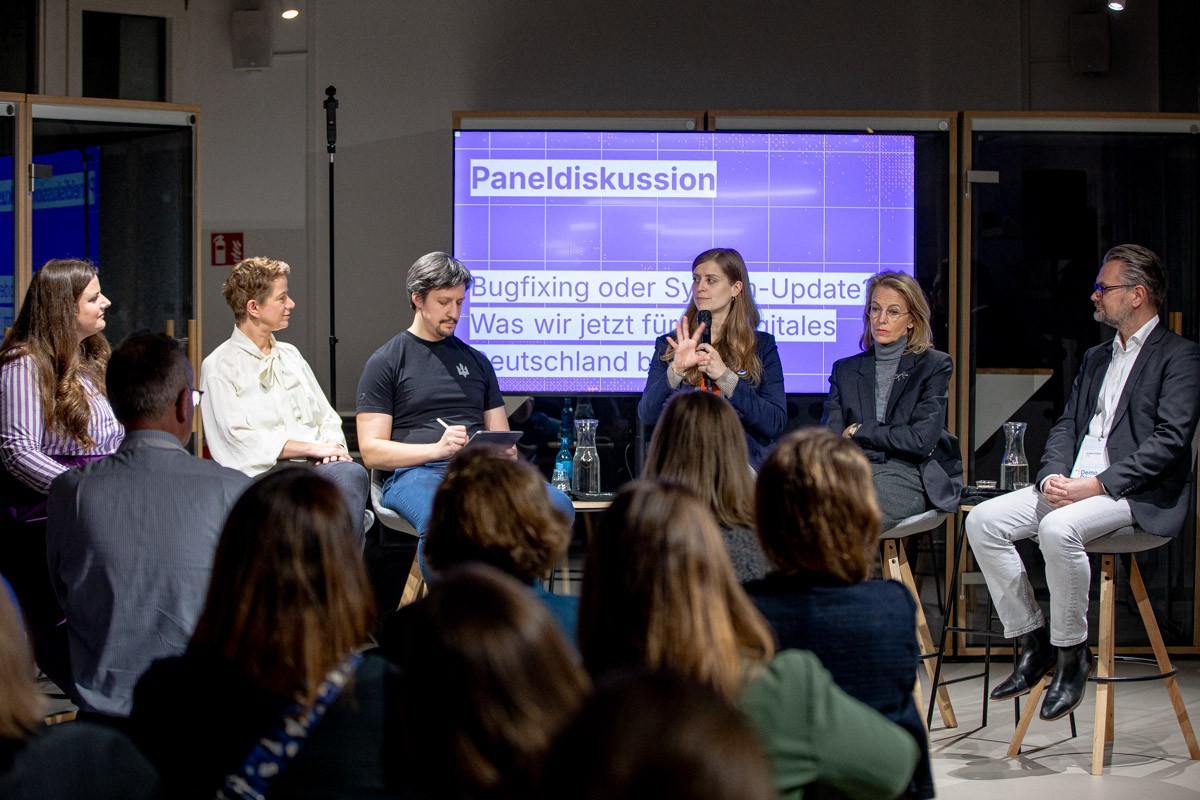
DigitalService opens its doors for the first Demo Day and welcomes over 100 guests from administration and politics. Together with our project partners, we present the results of our collaboration to date. At the panel discussion “Bug fixing or system update? What we need now for a digital Germany”, experts talk about the next steps for a strong digital state: Moderator Ann Cathrin Riedel, Managing Director of NExT e.V. Stefanie Kaste, Deputy Managing Director of Initiative D21; Luukas Ilves, digital politician and former CIO of Estonia; Christina Lang, CEO of DigitalService; Julia Jäkel, media manager and co-initiator of the non-partisan “Initiative für einen handlungsfähigen Staat”; and Dr. André Göbel, President of FITKO (from left). Further insights into Demo Day.
The “Digital Legal Petition Office” team has digitalized the “Declaration of personal and financial circumstances for legal aid”. In addition to the easy-to-understand online service, citizens can find various websites for information and guidance on legal aid at: service.justiz.de/prozesskostenhilfe.
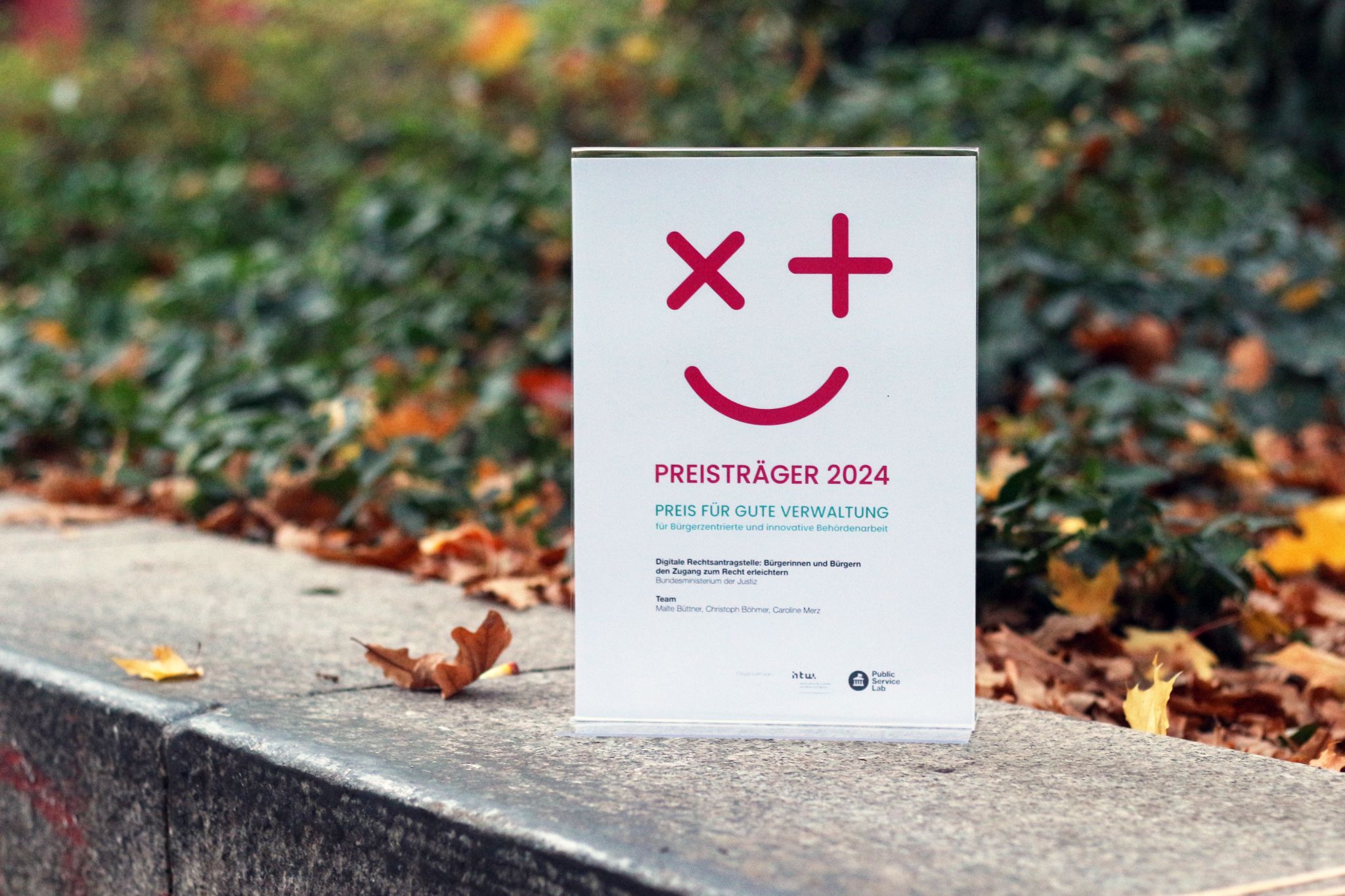
The “Digital Legal Petition Office” team wins the “Prize for Good Administration 2024”! The project team accepted the award as one of three winning projects at the Public Service Lab Day in Leipzig. The jury of experts was particularly impressed by the human-centered development process, in which both citizens and court employees are involved.
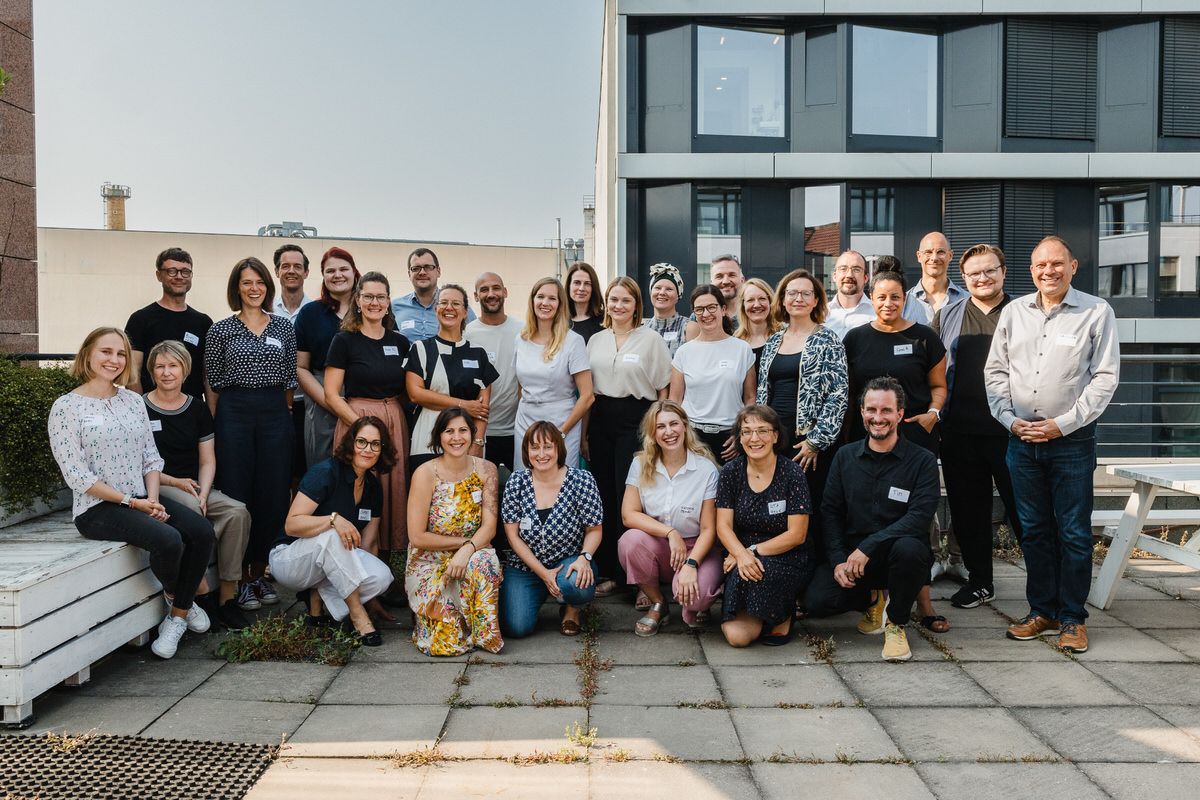
The 5th anniversary year of the Work4Germany fellowship starts with 14 fellows working on various projects in the federal administration. The focus is on digital transformation and modern working methods that help to change the way, we work together on complex social challenges.
The “Digital Legal Petition Office” team, together with the Federal Ministry of Justice, has reached the next milestone on the way to a fully digital application for assistance with legal counsel: Citizens can now fill out the application step by step and with clear explanations online at service.justiz.de/beratungshilfe.
The Federal Ministry of Justice and the “Online Civil Court Procedure” team are launching the first online service on the subject of air passenger rights. At service.justiz.de/fluggastrechte, citizens can quickly and easily find out about the requirements for compensation in the event of flight delays, cancellations or denied boarding with a preliminary check.
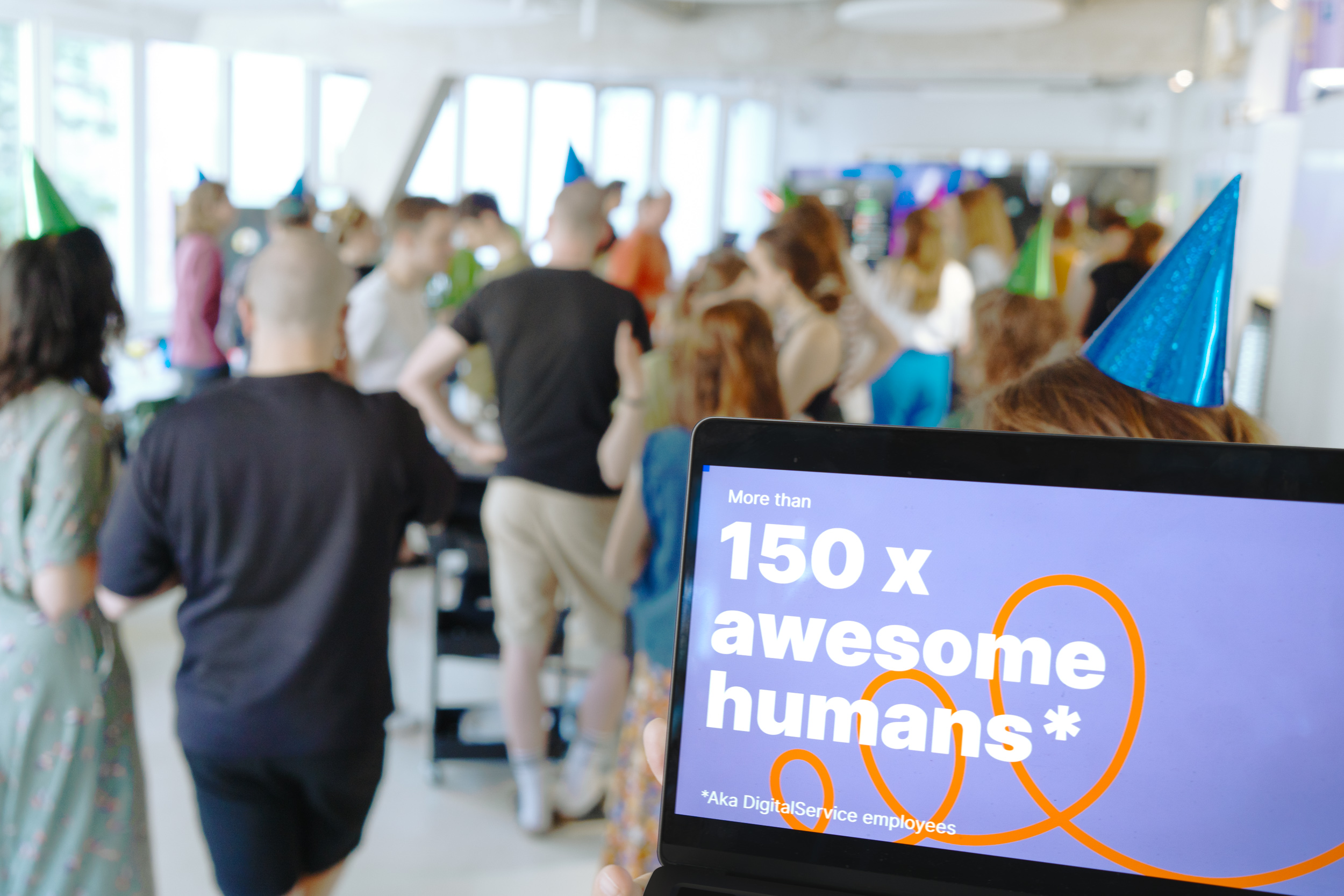
The DigitalService team has now grown to over 150 employees. A reason to come together and celebrate.
Following the migration of more than one million case law documents (e.g. court rulings), the New Legal Information System (NeuRIS) at the documentation center of the Federal Court of Justice is now in pilot operation.
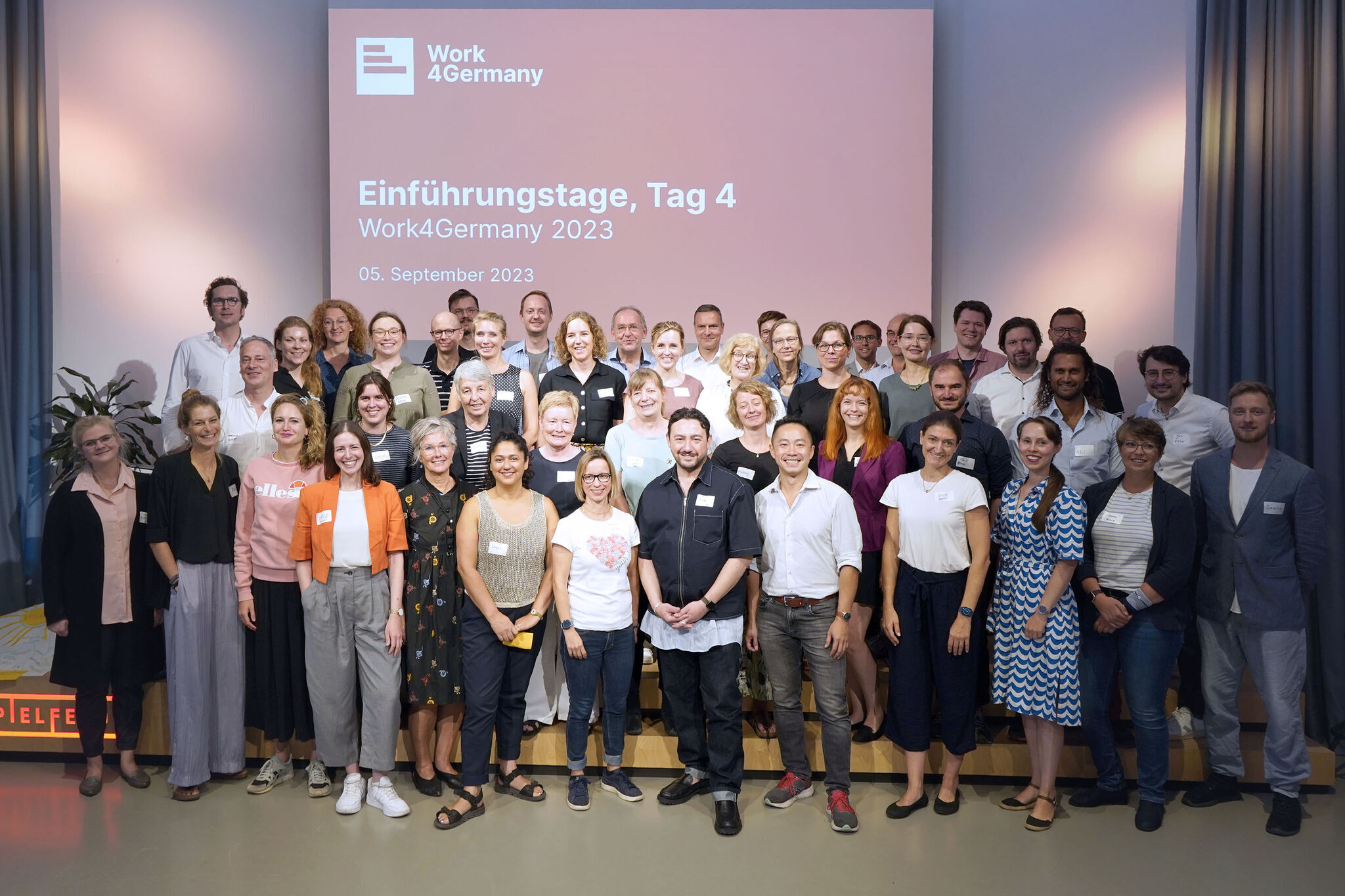
The 4th Work4Germany cohort starts with 20 fellows working on 19 selected projects. For the first time, these have two thematic focuses: They are either digitalization projects or deal with ministerial legislative preparation.
The Federal Ministry of Justice and the team “Digitale Rechtsantragstelle (Digital Legal Application Office)” launch a beta version of a first online service for legal aid. On the website “Justiz-Services – Rechtsinformationen und digitale Anwendungen” (Justice Services – Legal Information and Digital Applications), citizens can find information and tips on how to apply and use a simple tool to check in advance whether they are entitled to legal aid.
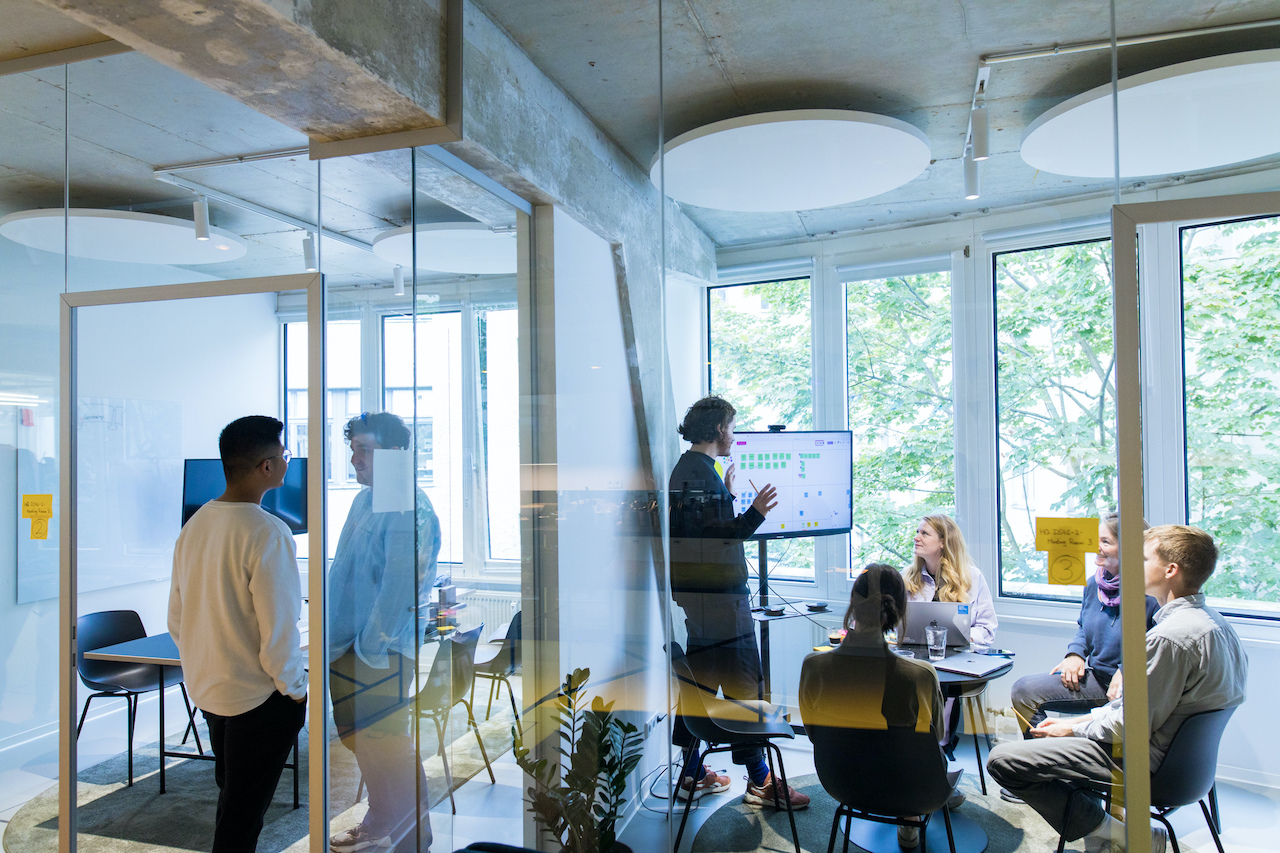
The team continues to grow and moves from a co-working space to its first own office in Berlin Kreuzberg.

The German federal cabinet decides on key points for Digitalcheck (German only) and thus underlines that digital-ready laws are essential for the successful digital implementation of political projects. It is particularly innovative that instead of defining measures and solutions in advance, the cabinet agrees on an iterative, user-centric method and a cross-departmental approach – as practiced by the Digitalcheck team since the start of the project.
Work4Germany has an unlimited temporary employment permit. Fellows enter into a fixed-term employment relationship with the DigitalService. They are assigned to a ministry for the entire duration of the contract - six months of the fellowship - and are legally equal to the employees there in all essential working conditions.

The Digitalcheck, which we are developing in cooperation with the BMI, is being applied to new regulatory projects at the federal level. It sets the basic conditions for new laws to be digitally implementable in the future.
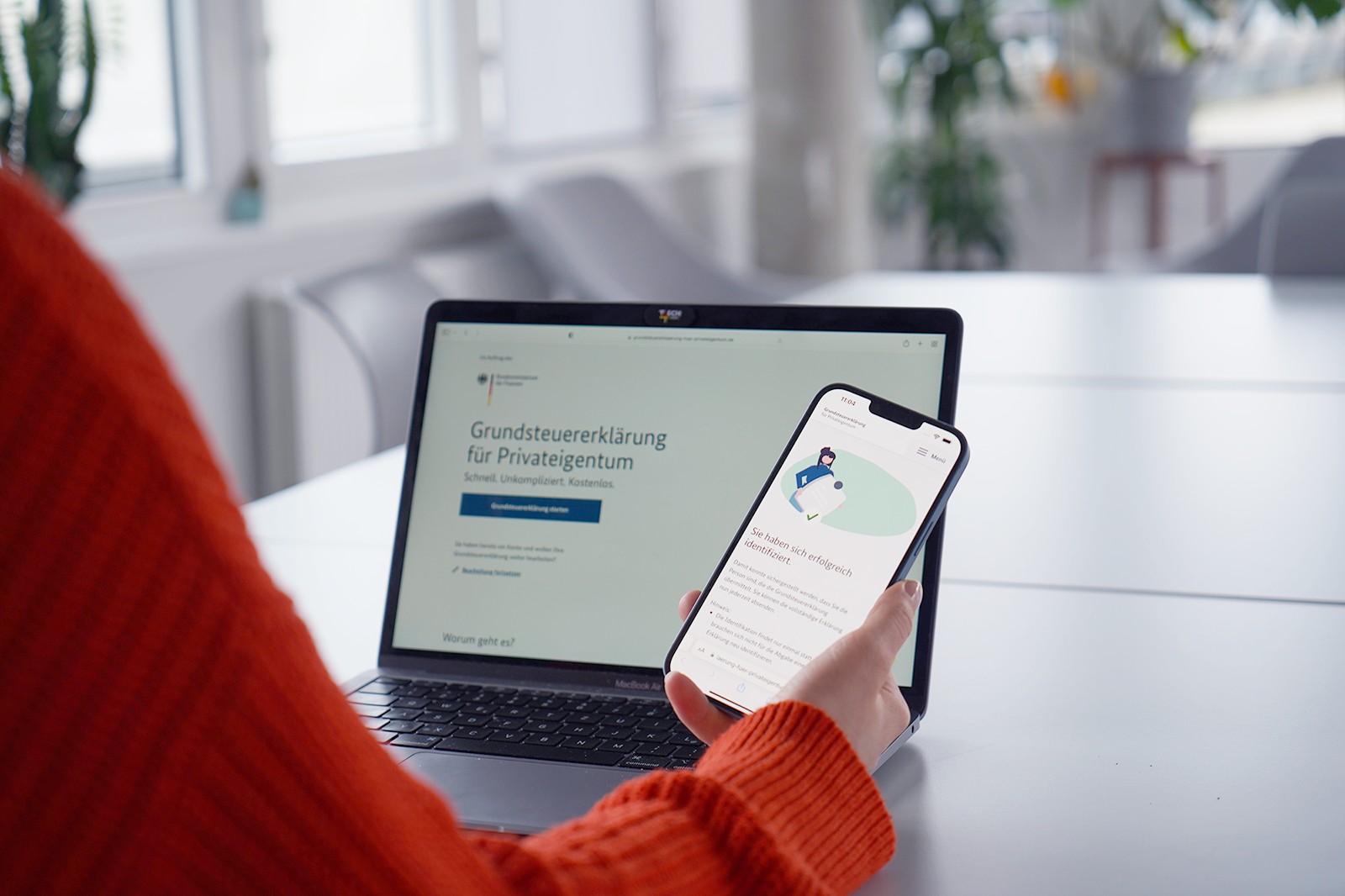
The BundesIdent app is integrated into the online service “Grundsteuererklärung für Privateigentum” as an identification option – in addition to the ELSTER account or an activation code by letter. By the end of January 2023, the share of identifications with BundesIdent will increase to 19.9%.

Once again, more than 300 guests from politics, administration, media & digitalization accept our invitation to the Tech4Germany & Work4Germany closing event. The results of 38 projects in 16 federal ministries and agencies are presented.

Virtually and on site in our office in Berlin we come together to celebrate that our team at DigitalService has now grown to over 100 employees.
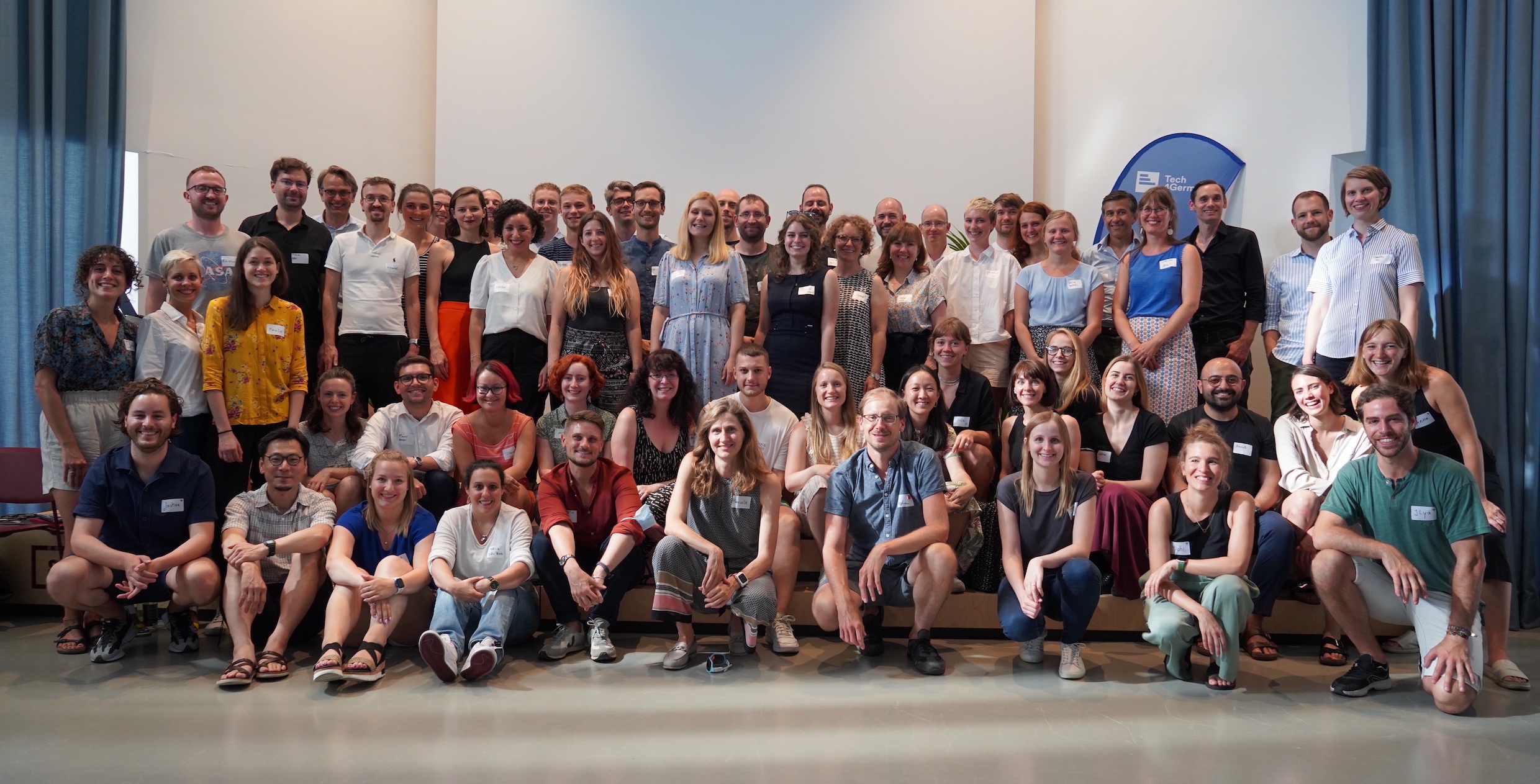
The 5th Tech4Germany year starts with more than 60 fellows and project partners. Together they will work on eight projects for three months.
The online service “Grundsteuererklärung für Privateigentum (Property Tax Return for Private Property)”, developed jointly with the Federal Ministry of Finance (BMF), is live. It supports private owners in filing property tax returns.
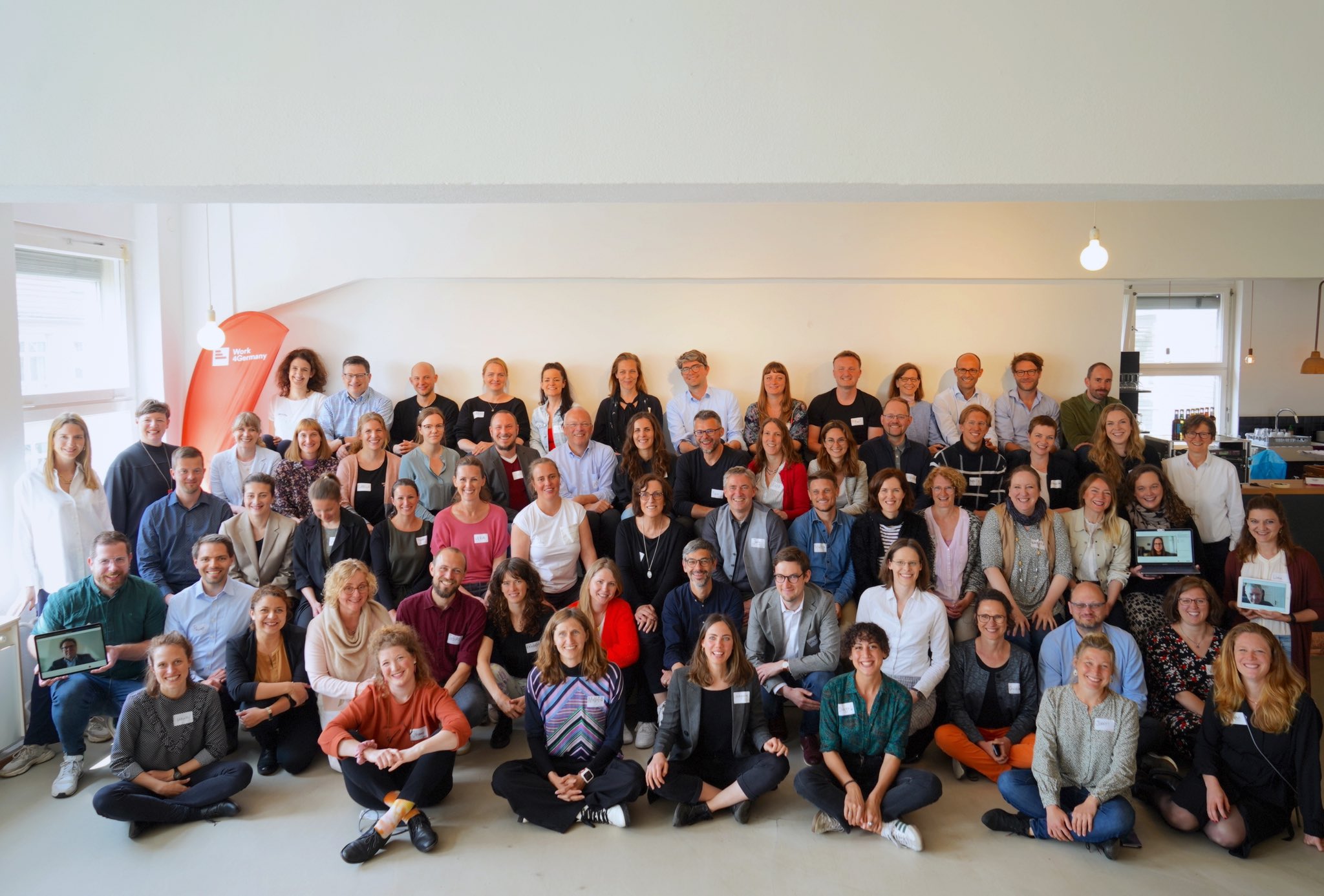
The 3rd Work4Germany cohort starts with a record participation of 30 fellows and change projects in 13 ministries and federal agencies.
"DigitalService4Germany GmbH" becomes "DigitalService GmbH des Bundes".
The DigitalService team starts work on the first application for the BMJ and develops NeuRIS (New Legal Information System), a central place through which laws, ordinances and judgments at the federal level will be openly - and above all easily - accessible.
The DigitalService software team is working on a second project for the BMF: As part of the property tax reform, we are developing a simplified digital tax service for determining property tax value - the "Property tax declaration for private property".
The Tax Guide - the simplified, pre-filled online tax form for people in retirement - is now available for the 2021 assessment year.
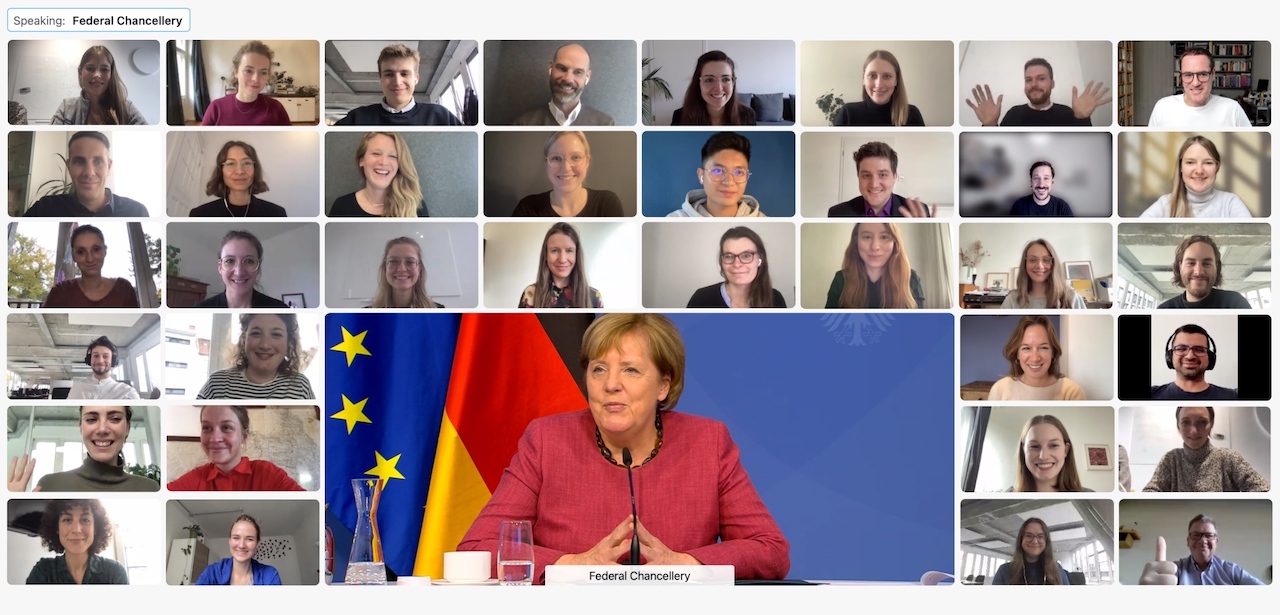
Chancellor Merkel pays a virtual farewell visit to DigitalService.
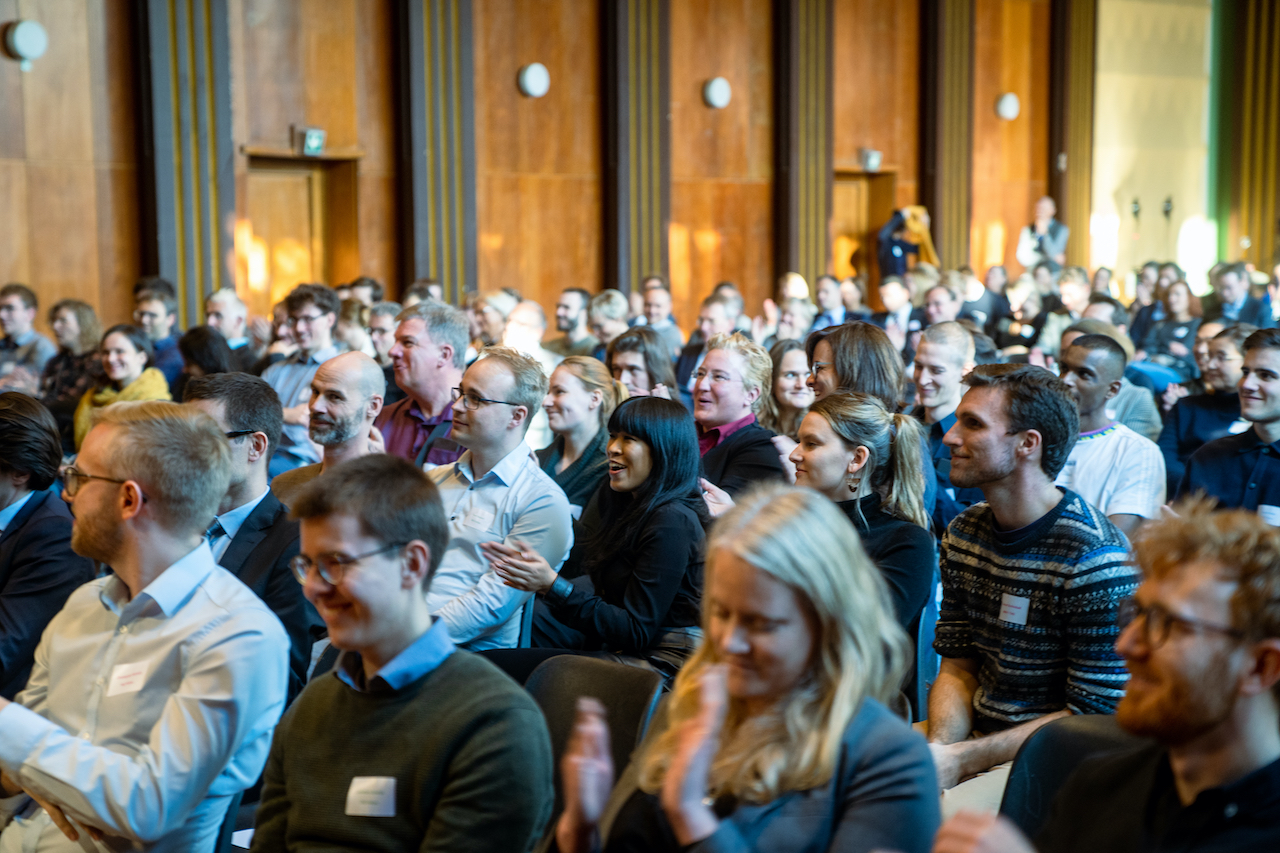
Tech4Germany and Work4Germany closing event with more than 300 guests from politics, administration, media and digitalization. Presentation of the results from 27 projects in 19 federal ministries and agencies.

Start of the 4th Tech4Germany cycle with 28 fellows and digital projects in 7 federal ministries and agencies.
The first application of the DigitalService goes live. The Agora collaboration platform is designed to enable employees in the public health service to better network and exchange information with each other.
The second application, this time directly for citizens, is launched. Steuerlotse guides taxpaying seniors through a simplified online tax declaration in just a few minutes.
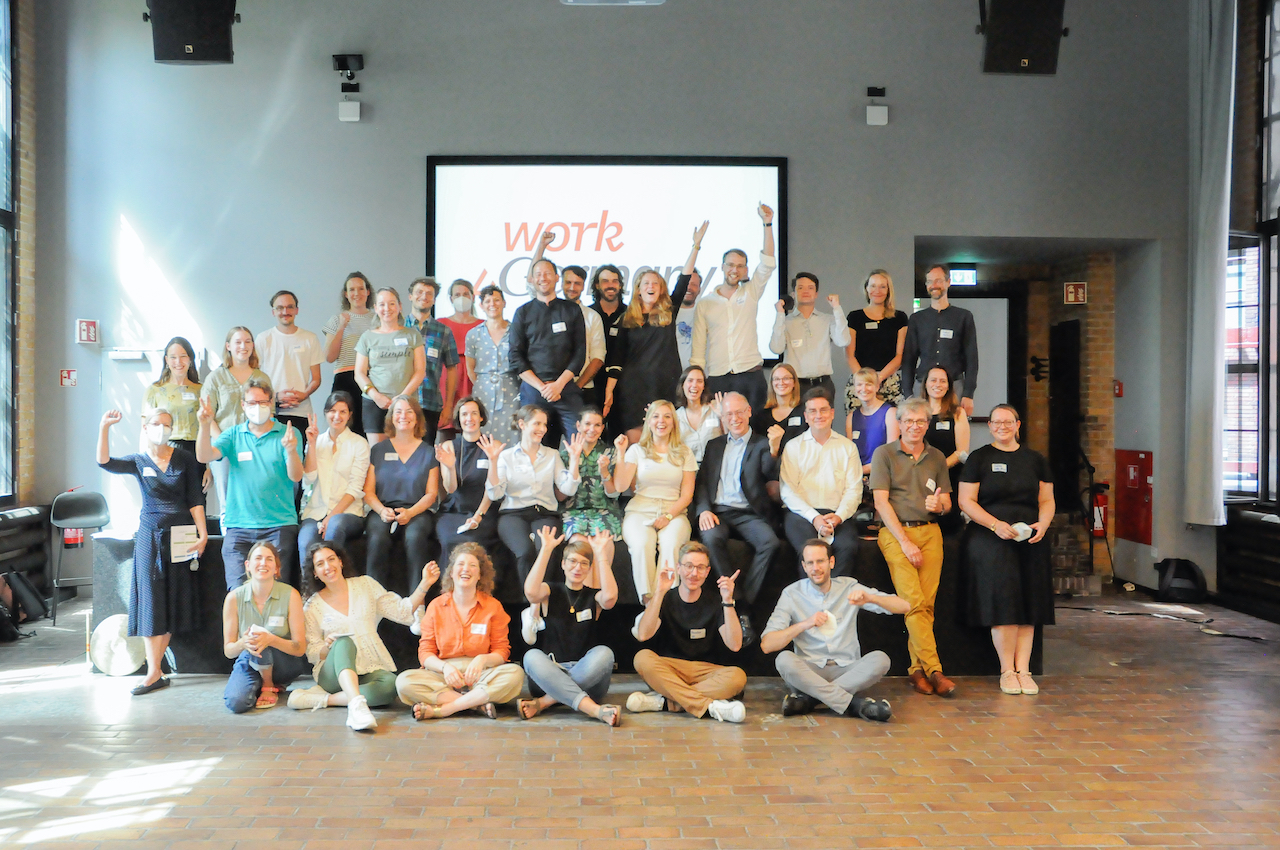
Start of the 2nd Work4Germany year with 20 fellows and change projects in 12 ministries and federal agencies. For the first time, with “Re-designing ministerial legislative preparation” a cross-departmental project is set up .
Two more projects with the DigitalService software teams are launched: UseID aims to increase acceptance of the eID function of the ID card. Together with the Federal Ministry of Justice and the Federal Office of Justice, the development of a legal information system is being prepared.
The Supervisory Board has been established and is meeting for its constituent session. Representatives from the Federal Chancellery, the Federal Ministries of the Interior and of Finance, as well as from academia, the entrepreneurial community and digital civil society are represented.
The software unit starts with the development of 2 digital applications: With the Federal Ministry of Health and the Robert Koch Institute (RKI), the collaboration platform Agora is being developed. With the Federal Ministry of Finance, the Steuerlotse (tax pilot), which originally arose from a Tech4Germany project, is being continued.
DigitalService4Germany starts its work. Build-up of the software development unit begins.
4Germany is turned into a Bundes GmbH and renamed to DigitalService4Germany GmbH with the mandate to build an inhouse-software development unit for the German state.
#WirVsVirus hackathon final presentation with Federal Chancellor Angela Merkel, Helge Braun, Doro Bär and Minister for Education Anja Karlizek.
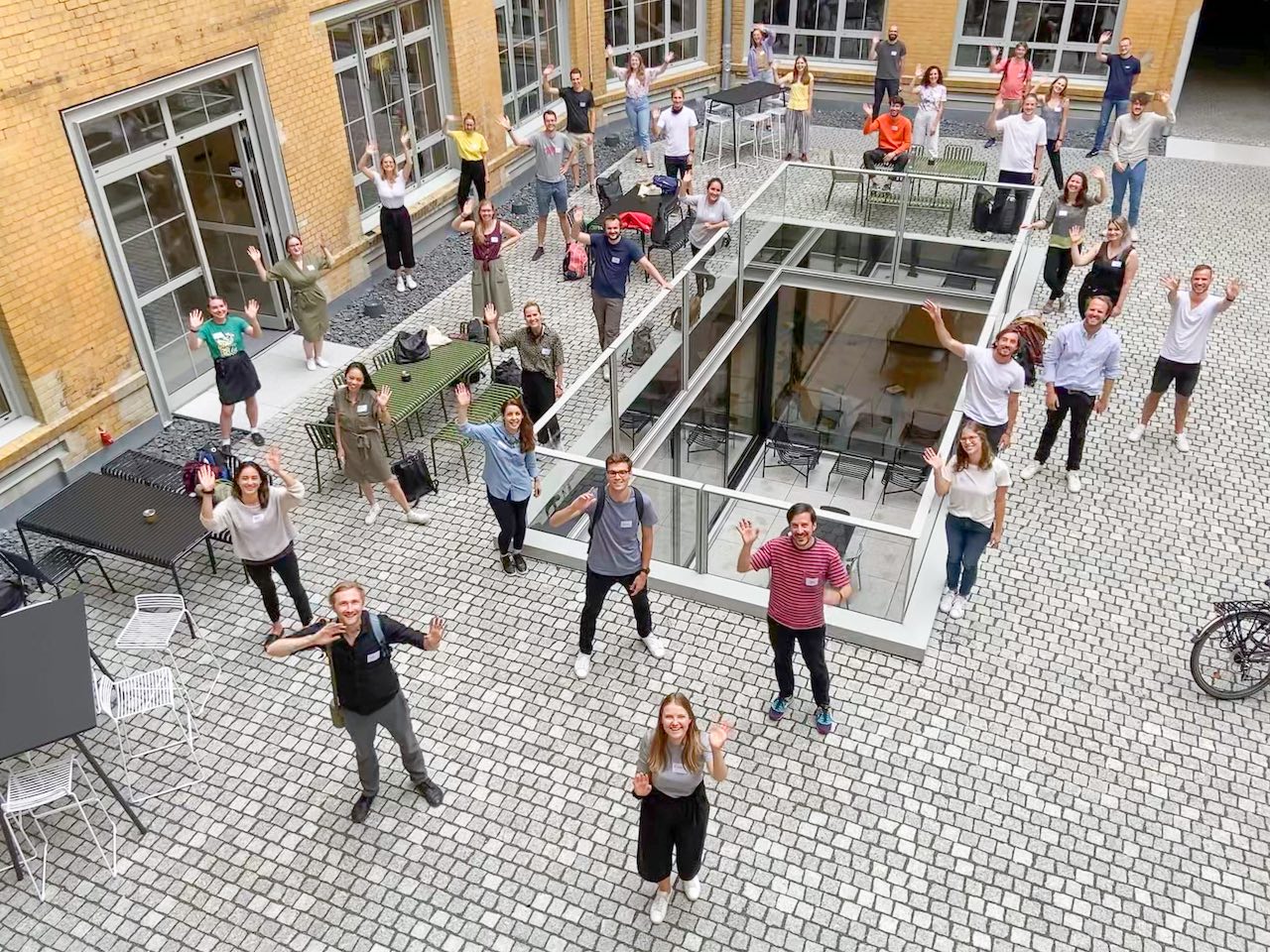
Tech4Germany year 3 with 32 fellows and 6 ministries.
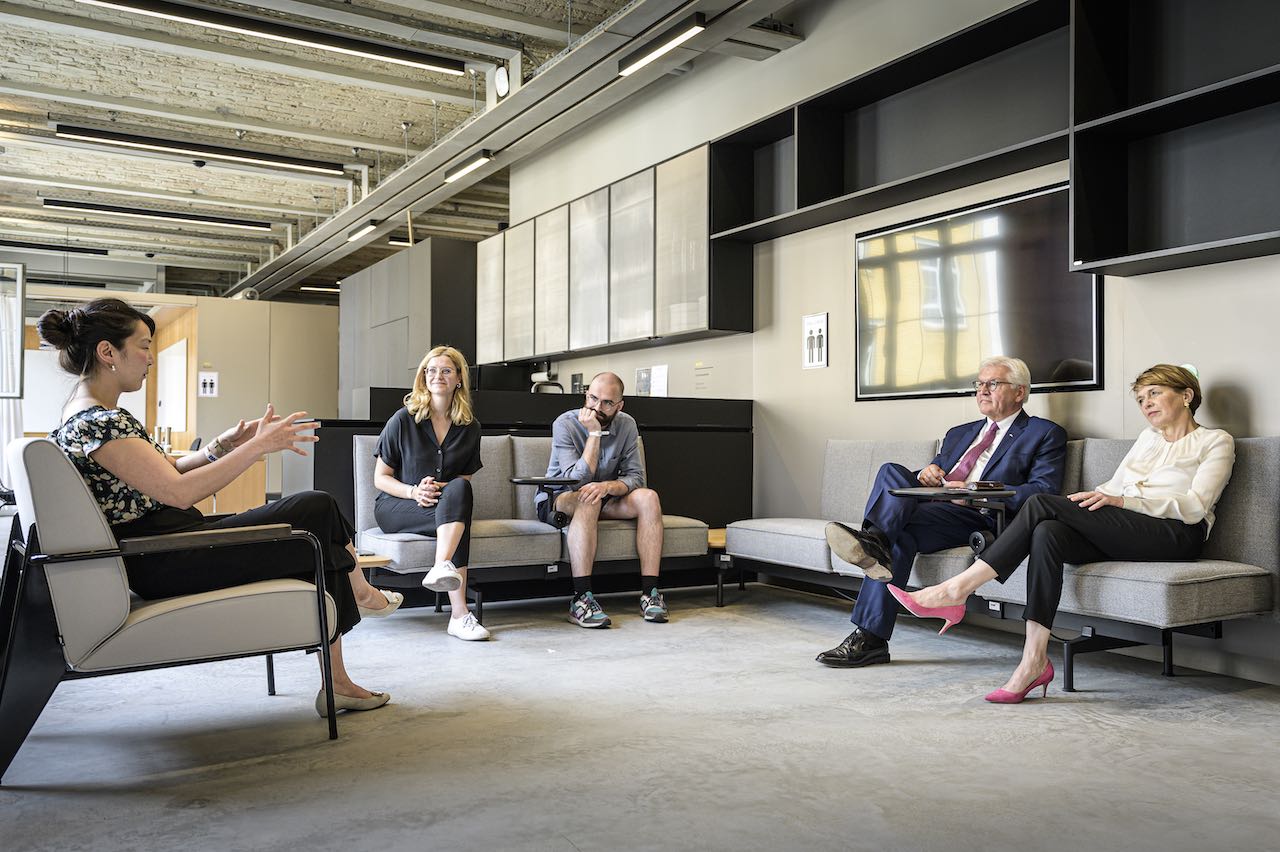
Federal president Frank Walter Steinmeier and Elke Büdenbender visit Tech4Germany and Work4Germany during the German Digital Day.
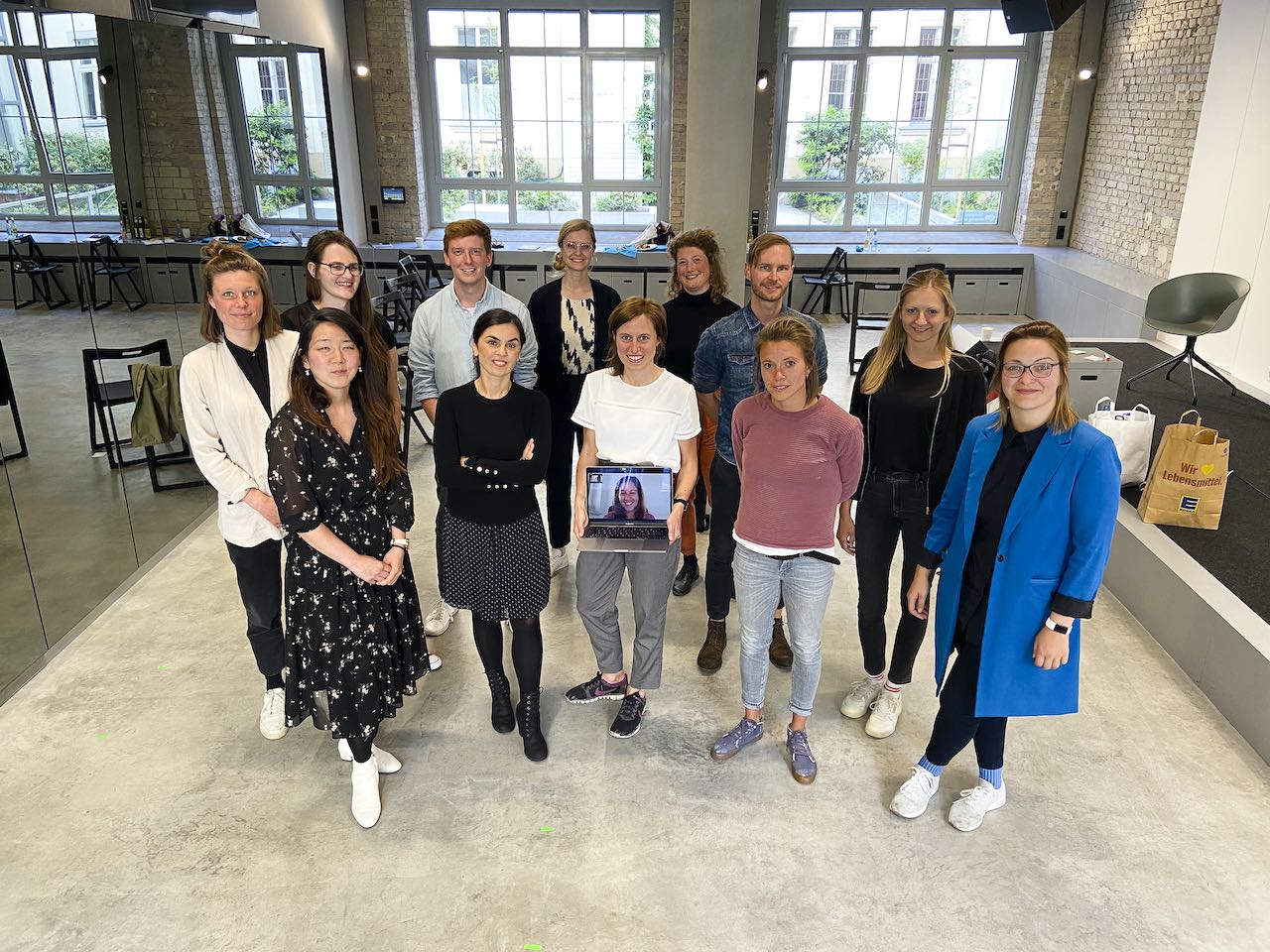
Work4Germany year 1 with 10 fellows and 10 ministries.
Initiation and organization of #WirVsVirus Hackathon der Bundesregierung with 28,000 participants.
Organization hires the first 8 employees.

Tech4Germany presentation in front of all members of cabinets in Meseberg.

Tech4Germany final presentation in front of 400 guests.

Sonja Anton, Christina Lang and Andrej Safundzic found 4Germany UG and secure state funding.

First conceptual draft for Work4Germany by Christina and proposal to the Federal Chancellery.
Idea for Work4Germany and presentation at the Chancellor's Office.
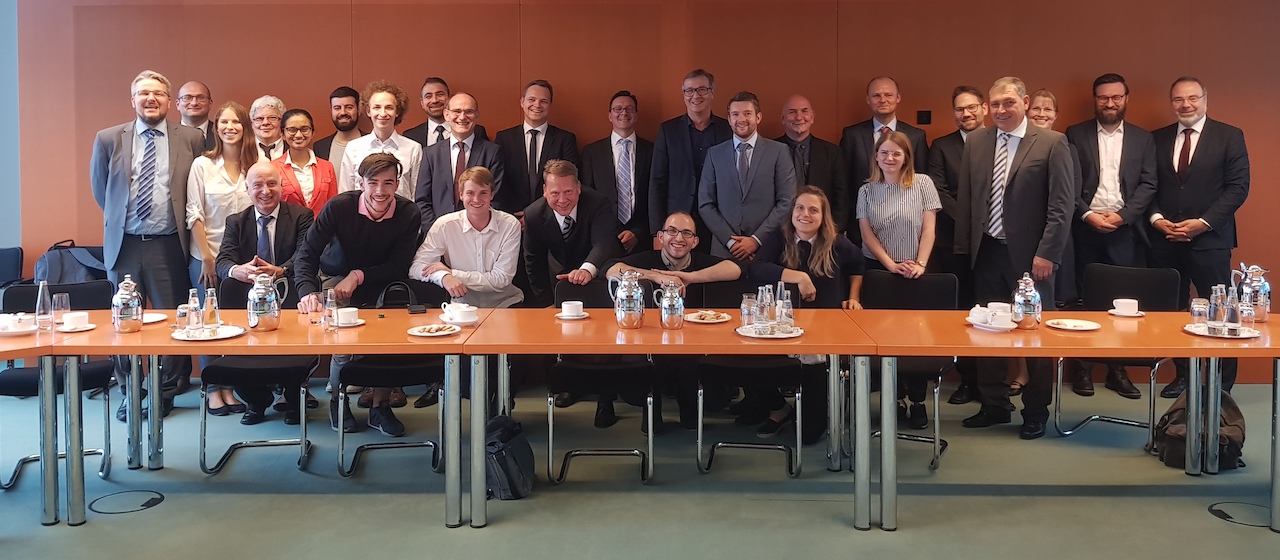
Tech4Germany final presentations in front of the Head of the Federal Chancellery and Ministers of State.
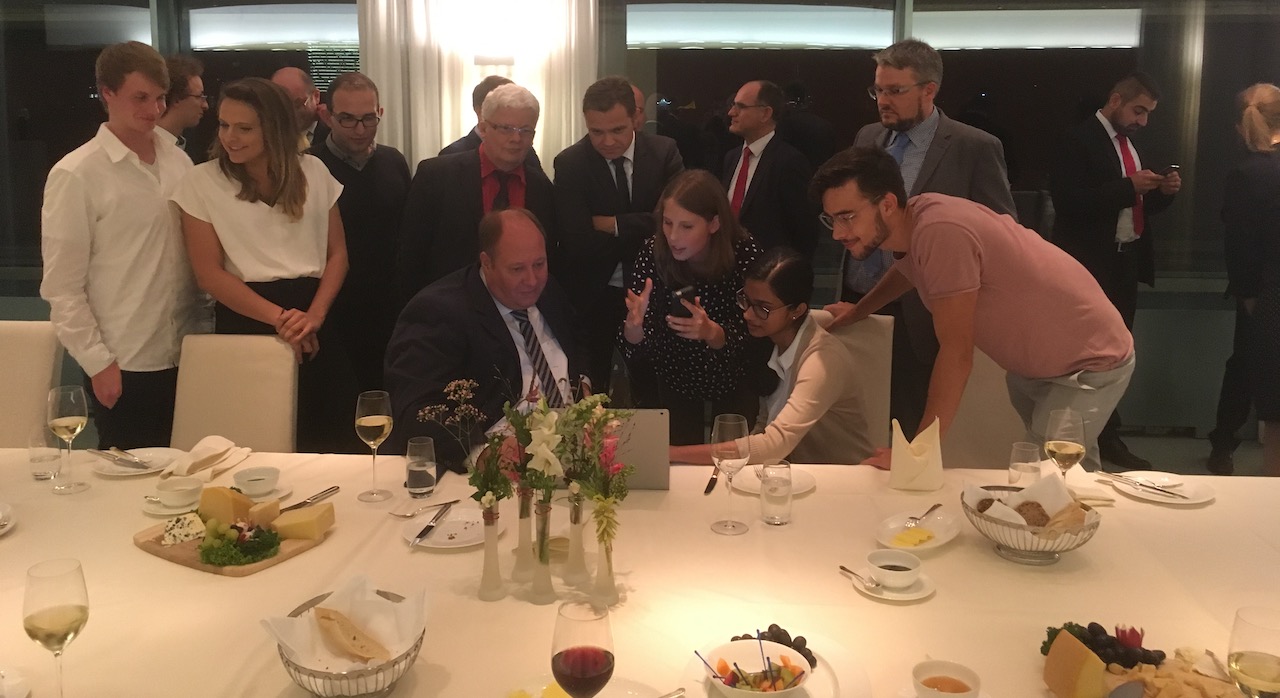
Tech4Germany year 1 with 9 fellows and 2 projects under the patronage of the Head of the Federal Chancellery Helge Braun.
Supervisory Board
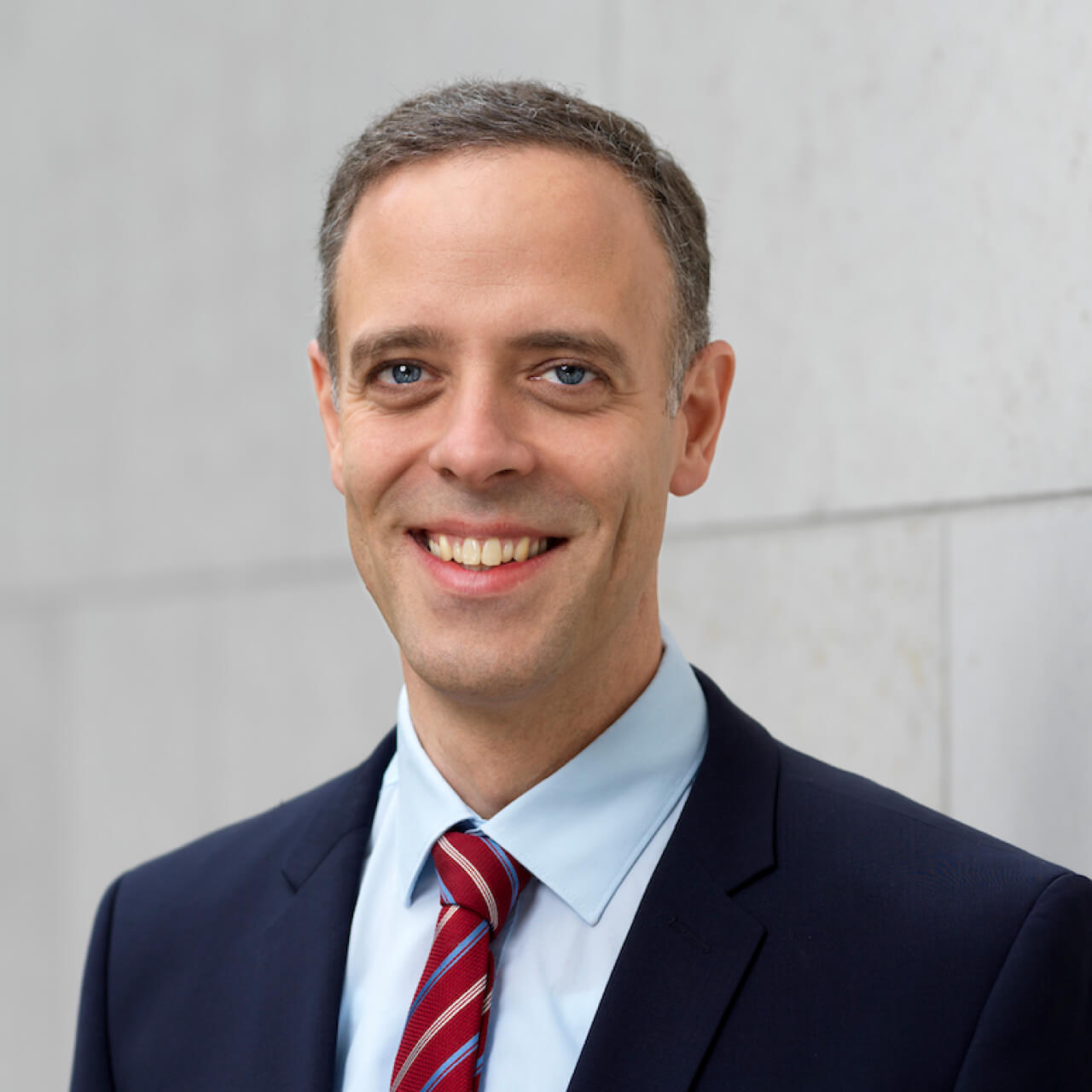
Markus Richter
Dr. Markus Richter is a fully qualified lawyer. After working at the Federal Office for Migration and Refugees in the areas of personnel, organization, at the President's Office, and in the area of policy issues, he became Group Head of IT at the Federal Office of Administration (Bundesverwaltungsamt) and, in 2018, Head of Department for Infrastructure and IT as well as CIO at the Federal Office for Migration and Refugees. In 2018, he became Vice President at the Federal Office for Migration and Refugees and then, in May 2020, State Secretary at the Federal Ministry of the Interior, for Construction and Home Affairs and Federal Government Commissioner for Information Technology. He has been State Secretary at the Federal Ministry for Digitalization and Government Modernization since May 2025. He is Chairman of the Supervisory Board.

Peter Parycek
Prof. Dr. Peter Parycek is an advisory member of the Board of Directors of Rundfunk Berlin-Brandenburg (rbb) and, as Head of Transformation and Digital Change, is responsible for the broadcaster's strategic realignment and digitalization. Since 2017, he has led the Competence Center Public IT (German: ÖFIT) at the Fraunhofer FOKUS Institute in Berlin, funded by the Federal Ministry of the Interior and Community. He has been a university professor of e-governance since 2015 and heads the Department of E-Governance in Business and Administration. From 2021 to February 2025, he served as Vice Rector for Teaching, Continuing Education, and Digital Transformation (CDO) at the University for Continuing Education Krems. From 2018 to 2022, he was a member of the Federal Government's Digital Council.
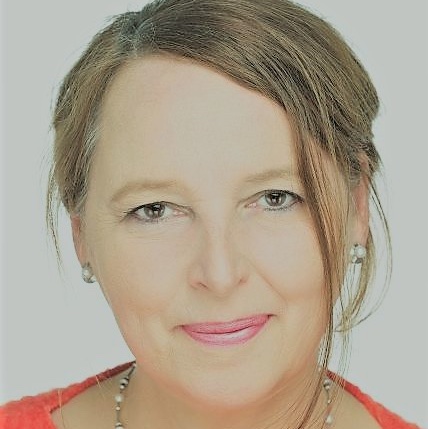
Heike Zirden
Heike Zirden joined the Federal Chancellery in March 2022 as a group leader in Department 6, where she is responsible for fundamental issues of transformation and digital policy and social dialogue. Previously, she established and managed the Digitale Arbeitsgesellschaft (Digital Labor Society) think tank at the Federal Ministry of Labor and Social Affairs. The think tank tested new forms of collaboration and developed innovative solutions for the future of the digital working society.

Thomas Rieks
Thomas Rieks holds a degree in Business Administration with additional relevant degrees, namely a Master of Science degree in Money, Banking and Finance (University of Birmingham), and Chartered Financial Analyst (CFA Institute, Viginia, USA). Before working as a Government Director and Head of Division at the Federal Ministry of Finance, he worked as an Acquirer and Analyst at Landeskreditbank Baden-Württemberg, as an Analyst at Rentenbank (Frankfurt) specializing in corporate finance, and as a Credit Manager, Analyst and Authorized Signatory at DekaBank (Frankfurt).


